Introduction to Valuing Chess Sets
Chess, a game with a rich history spanning over 1500 years, is not only a popular intellectual pursuit but also a collector's joy. The design, materials, and historic significance of a chess set can vary significantly, making each piece a potential treasure with unique value. Whether you're a novice collector, an experienced chess player, or someone interested in the aesthetics and history of chess sets, understanding the key factors that assess their value can enhance your appreciation of the game and inform your buying or selling decisions.
Understanding the Componentry of Chess Sets
To fully appreciate and evaluate chess sets, it's crucial to understand the individual components and their features. A standard chess set includes 32 pieces and a board. The pieces are divided into two colors, typically white and black, each consisting of eight pawns, two rooks, two knights, two bishops, a queen, and a king. The board is a square with an 8x8 grid of alternating colored squares.
Materials Used in Chess Sets
The choice of material not only influences the aesthetics and tactile feel of the set but also significantly affects its value. Common materials include:
- Wood: Traditional sets are often made from wood such as rosewood, ebony, and boxwood. The rarity and quality of the wood can greatly increase the set's value.
- Plastic: More modern and less expensive sets are frequently made from plastic. These sets are durable but typically less valuable unless they are from a notable manufacturer or designer.
- Metal: Luxury sets may be crafted from metals like brass, silver, or even gold-plated materials, offering a durable and often ornate alternative that can be highly valuable.
- Stone and Glass: Sets made of marble, alabaster, or glass provide a unique aesthetic appeal but can vary in value depending on the craftsmanship and material quality.
- Ivory and Bone: Antique sets often feature ivory or bone, which can be highly valuable due to their age, craftsmanship, and the historical bans on ivory trade.
Craftsmanship and Manufacturer
The maker of a chess set can have a substantial impact on its value. Sets crafted by well-known manufacturers or artisans are usually more sought after. Artisanal sets that show a high level of craftsmanship, with detailed carving and hand-painted elements, are typically more valuable than mass-produced sets. Historic brands or craftsmen known for their quality and intricate designs usually carry a premium.
Historical and Collectible Value
The age and provenance of a chess set play crucial roles in determining its value. Antique sets have a history that may connect them with important past events, previous owners of note, or periods of significant craftsmanship.
Antique Chess Sets
Chess sets that are several decades old can be classified as antiques and are often valuable due to their historical significance. For example, sets made in the Staunton style (first introduced in 1849) are highly prized. The age, condition, and originality of these sets play a significant role in their valuation.
Provenance and Historical Importance
A chess set owned by a historical figure or one used in a significant event can have its value multiplied. Provenance should be verifiable through documentation which ensures authenticity and thus, retains value. Collectors often value these histories which add a narrative to the tactile and visual appeal of the set.
Aesthetic and Artistic Appeal
The visual design of a chess set is a subjective yet crucial aspect of its assessment. A set designed with aesthetic innovation can be seen as a piece of art. Themes ranging from historical to modern art influences can dictate the thematic styling of the sets and attract a niche of collectors enthusiastic about that era or style.
Thematic and Limited Edition Sets
Special editions or themes like cosmic, Egyptian, Warfare, or famous historical battles can add to a set’s appeal and value. Limited edition sets, often released in small quantities by prestigious makers, can be particularly valuable. The uniqueness and rarity make these sets highly coveted collector's items.
Condition and Completeness
The condition of a chess set is pivotal in its valuation. A set in pristine condition with no missing pieces, chips, or scratches is naturally worth more than one that has been damaged. For antique sets, a well-preserved item that maintains its original paint and parts can be rare, adding to its value. Restoration should be noted since it can affect the set's value both positively and negatively depending on the quality of the restoration and the preferences of potential buyers.
Market Trends and Popularity
The current market trends significantly affect the value of chess sets. Factors like the popularity of chess due to media (e.g., 'The Queen’s Gambit' show on Netflix) can increase interest and demand. The fluctuations in the antiques market, general economic conditions, and the popularity of collecting can all impact prices.
Conclusion
Assessing the value of a chess set involves a combination of art and science, with a myriad of factors contributing to the final estimation. Material, craftsmanship, historical significance, aesthetic appeal, condition, and market trends all play roles in this complex evaluation process. Whether you are adding to a collection, investing, or simply seeking the pleasure of owning a beautiful and functional piece of history, understanding these factors will help you make informed decisions and truly appreciate the art of chess set collection.
Explore our large collection of beautiful chess sets!
Want to sell your chess set?
A marketplace to buy, sell and showcase your chess sets online. Buy and sell chess sets from others across the world!
How it works?
Submit your chess sets through the submission form at the bottom of this page.
After we receive your submission, our experts will check in with you and verify all of the details regarding your chess set: Approximate age, materials, measurements, condition, asking price and more. Add the story of the set and any other information you would like to be included in the dedicated selling page.


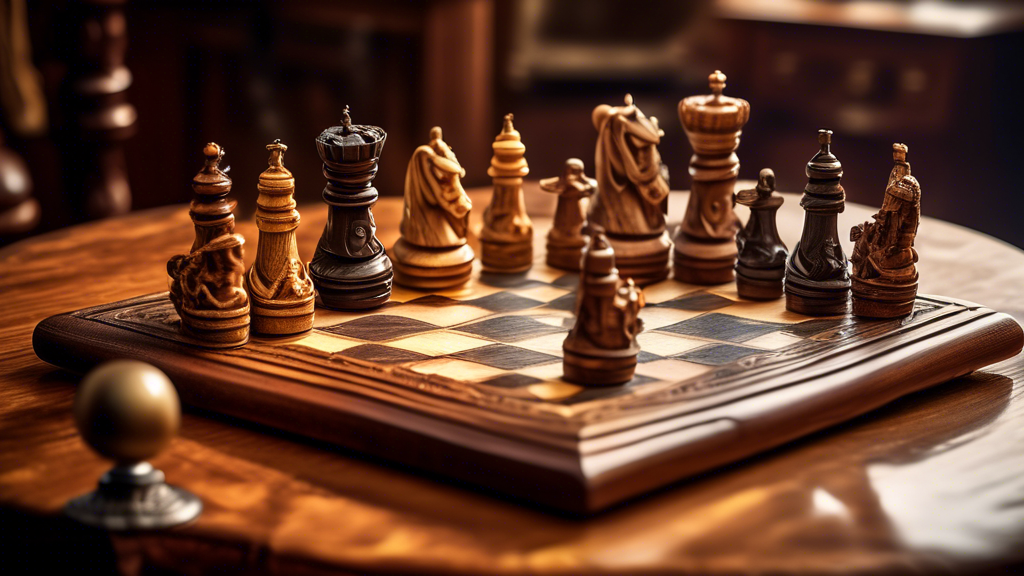
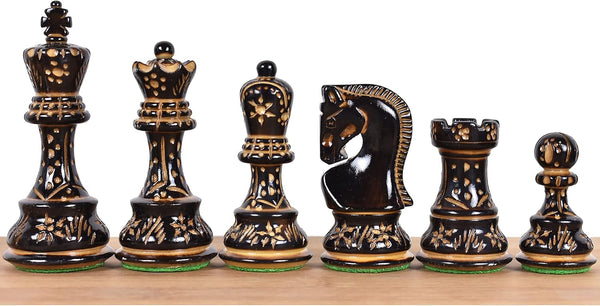
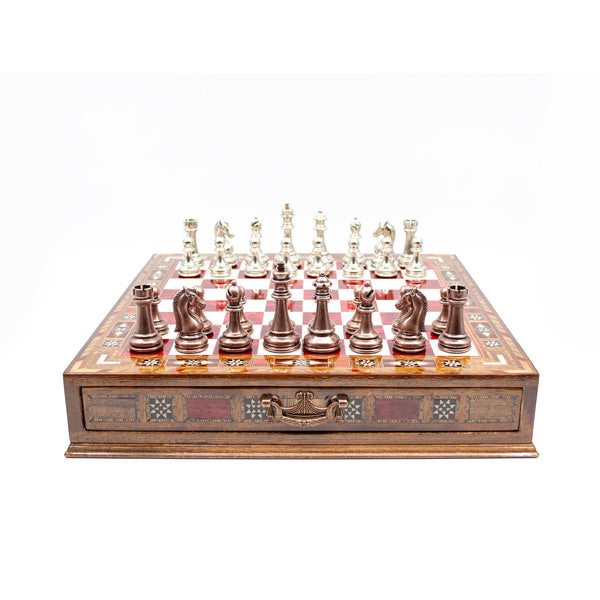
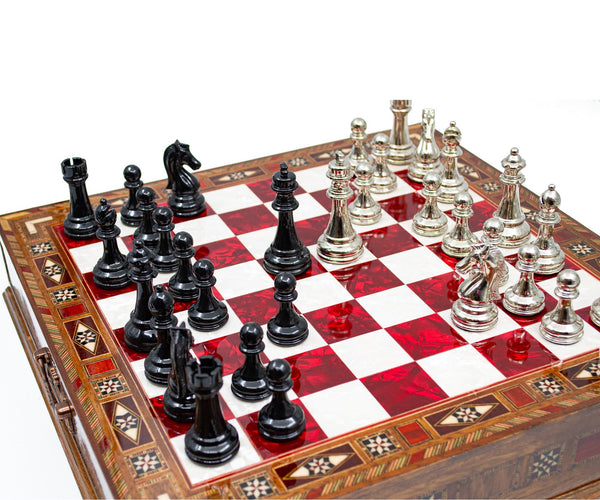
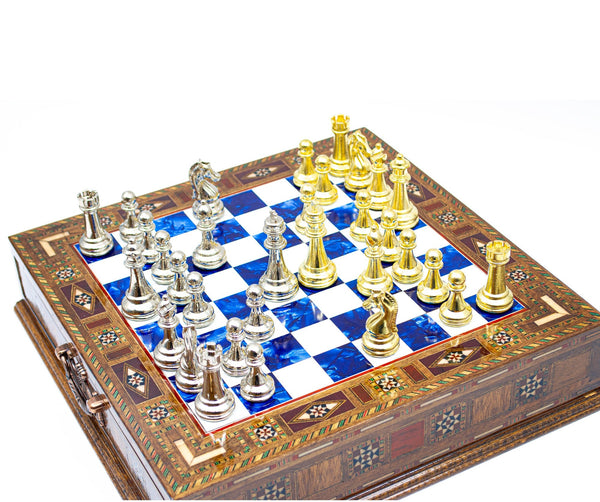
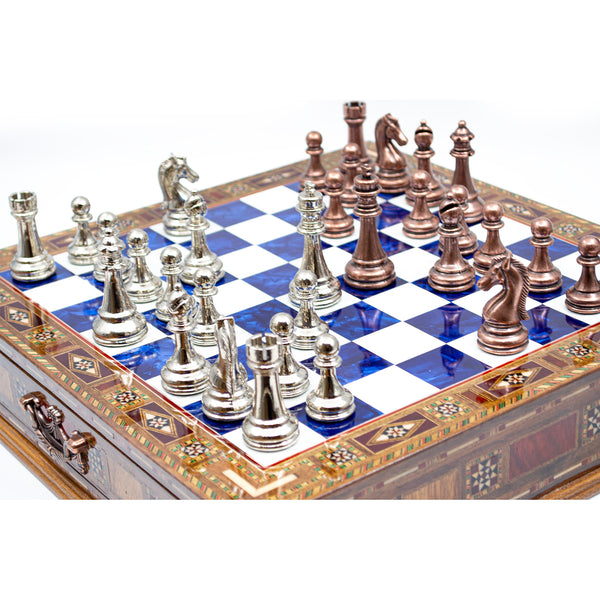
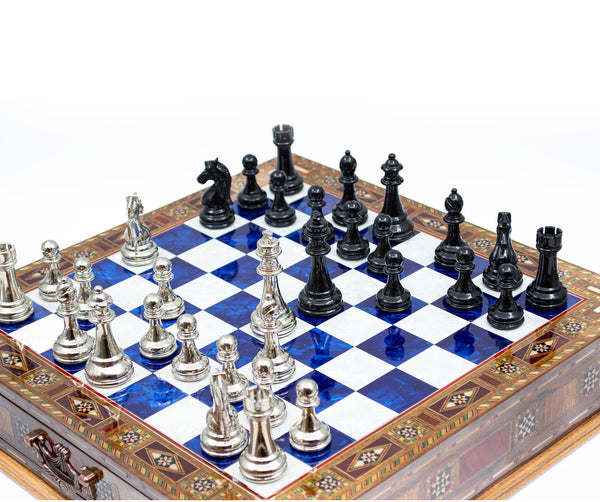
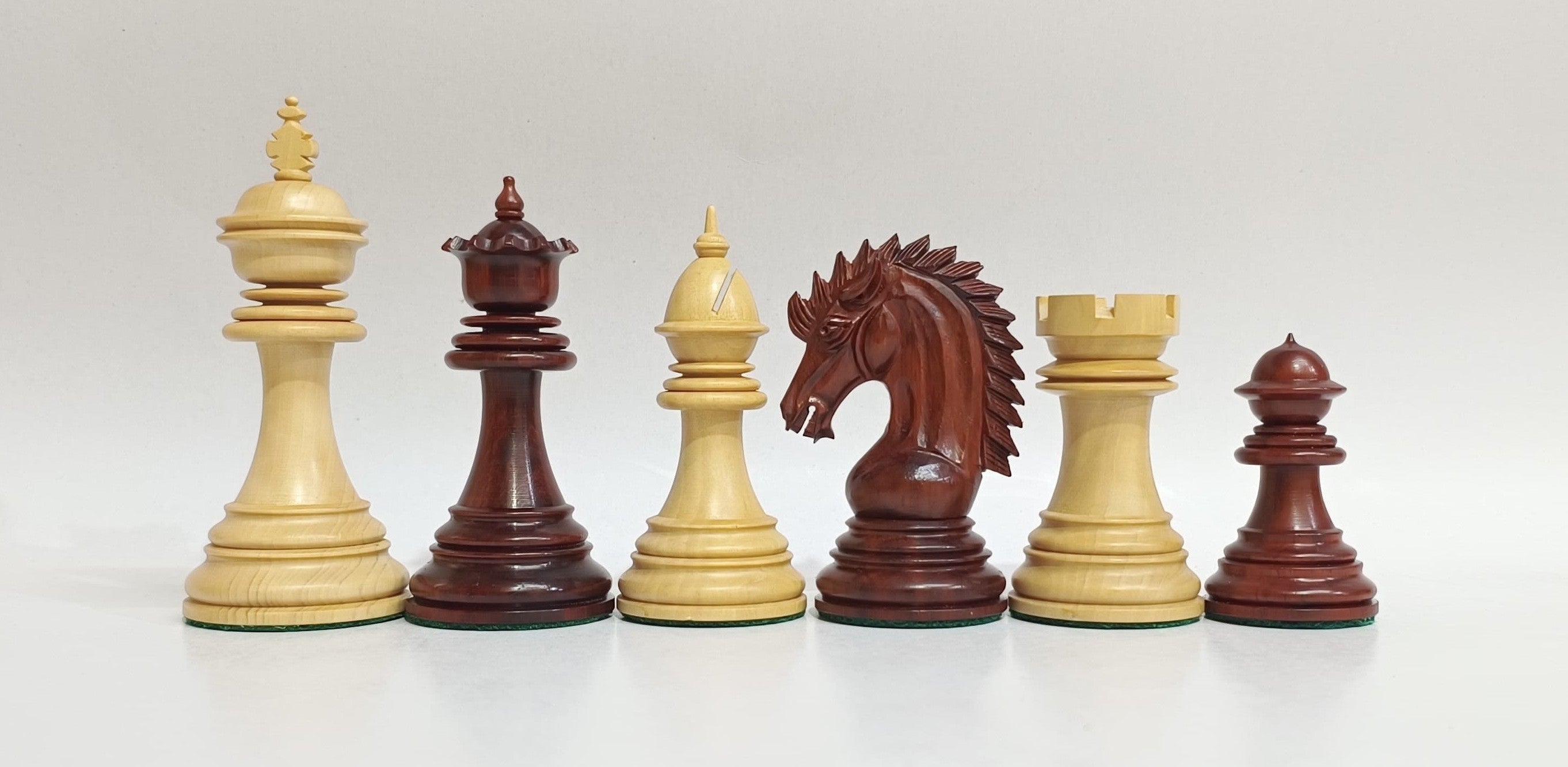
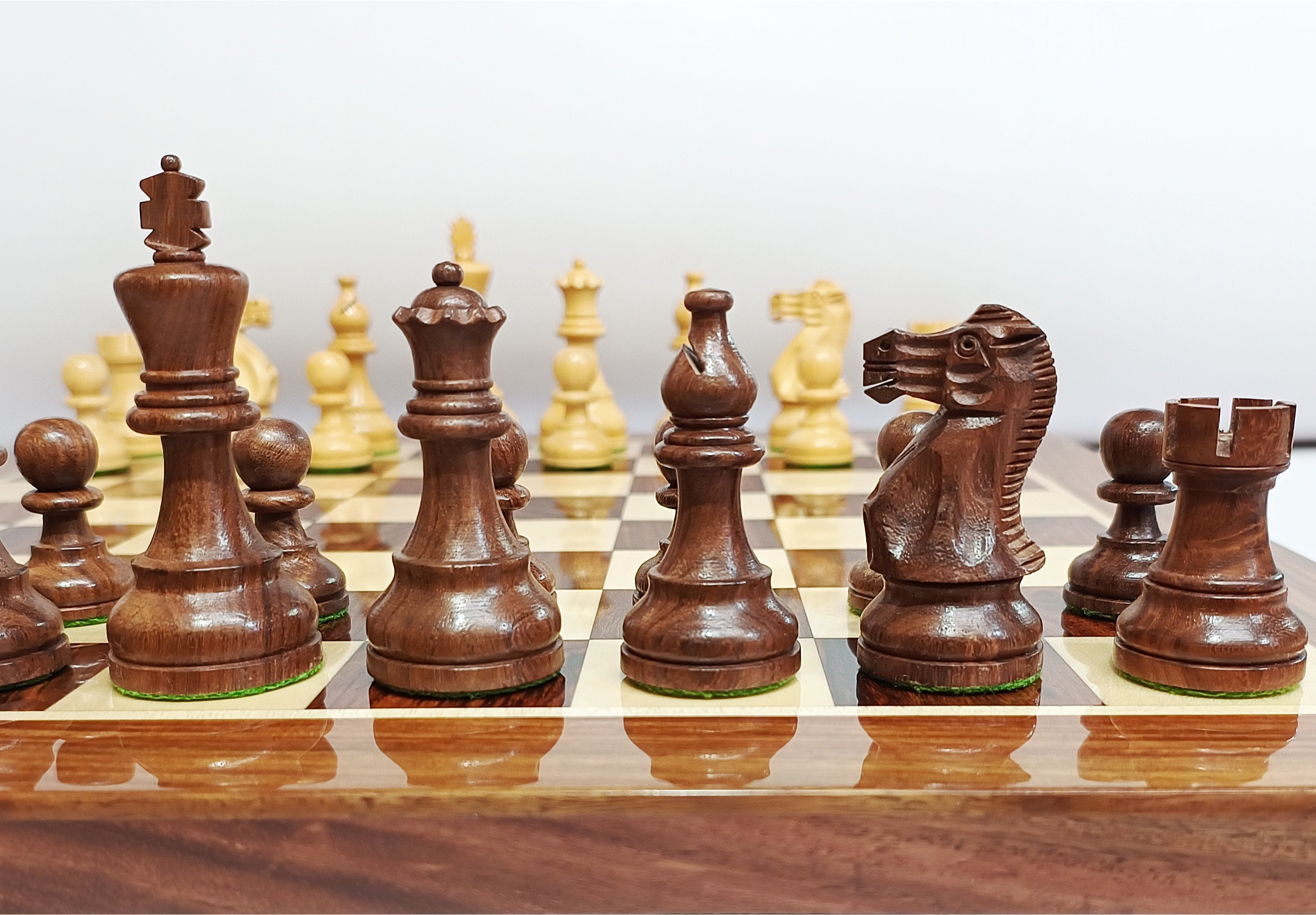
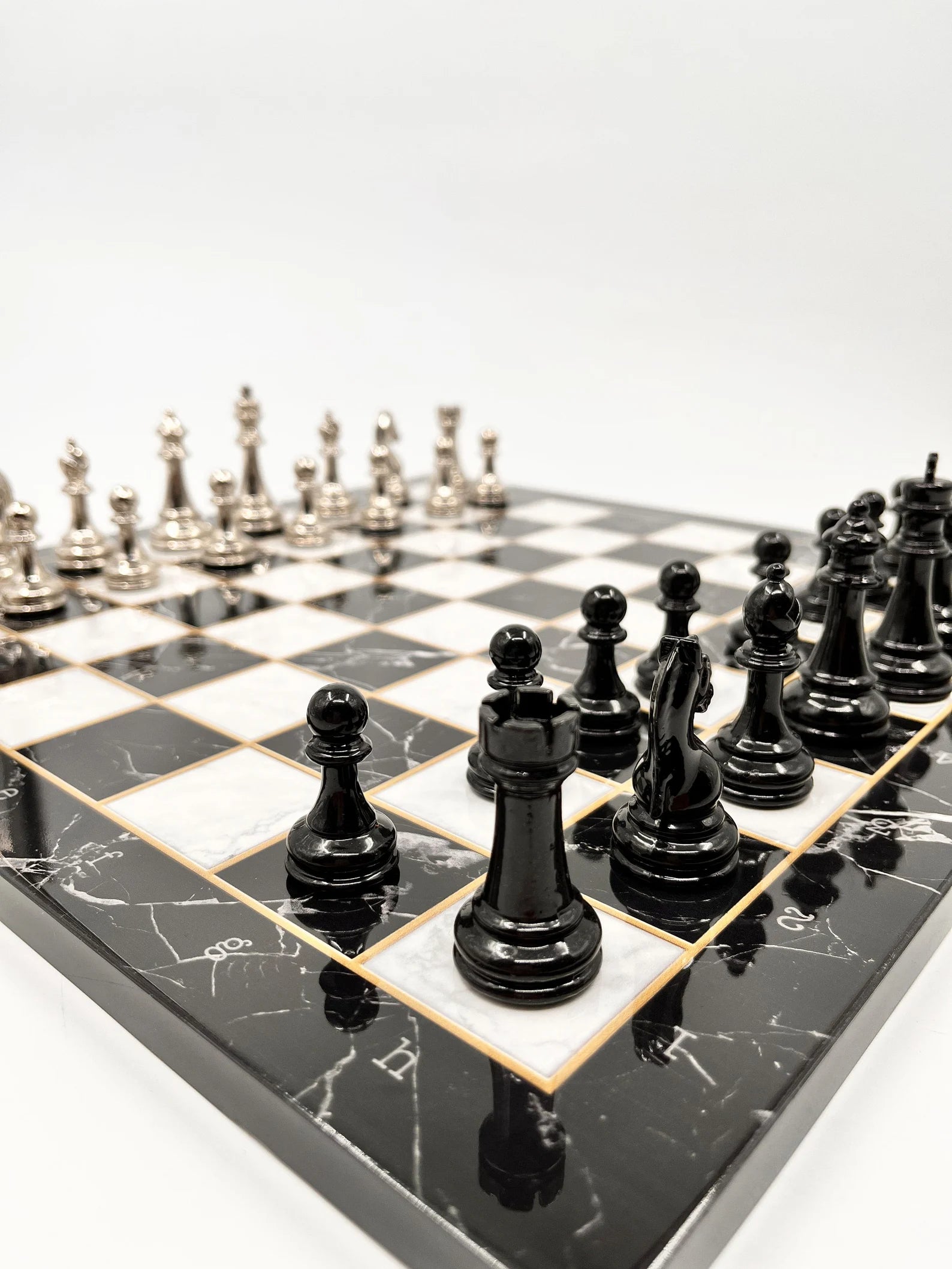
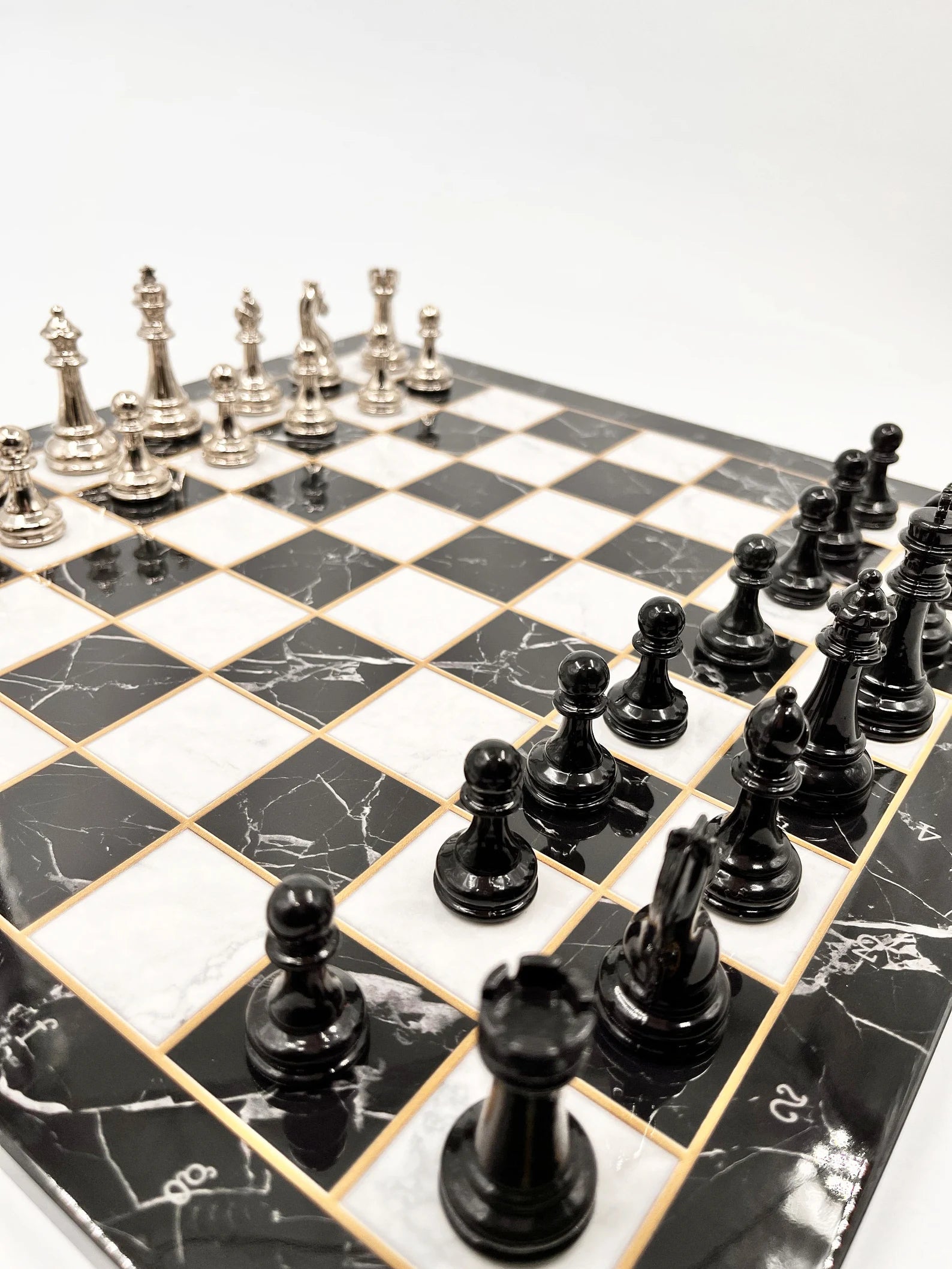
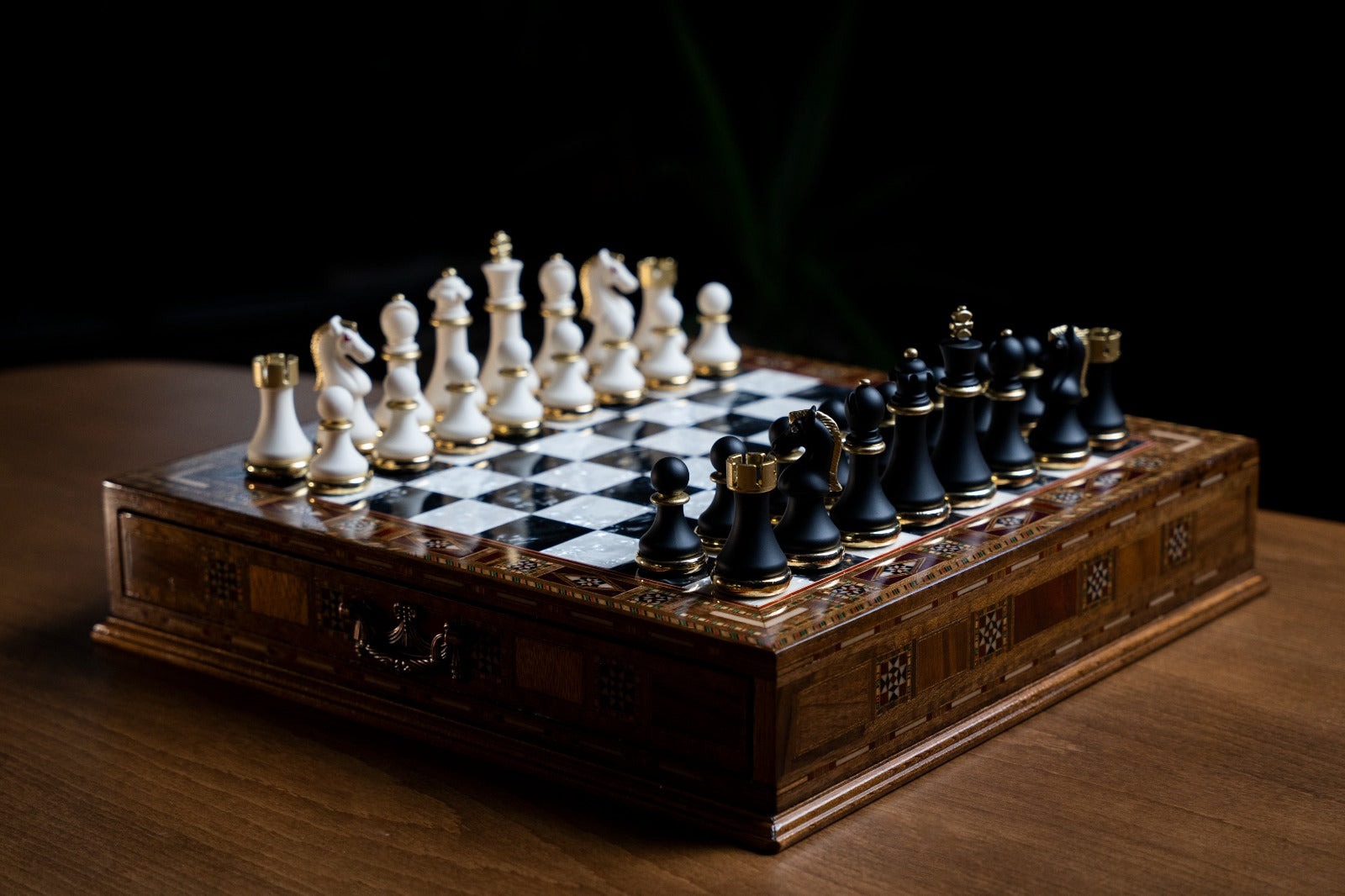
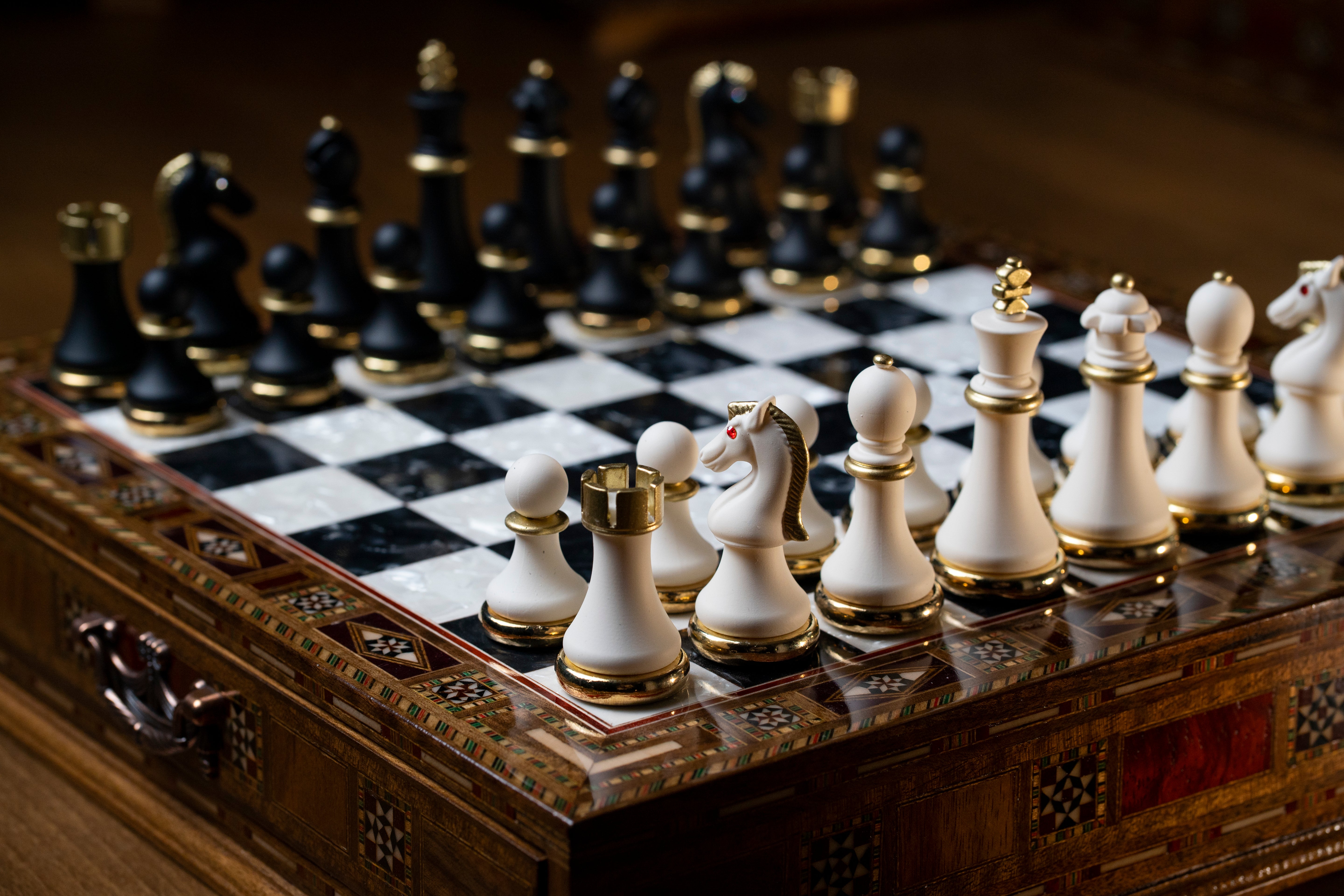
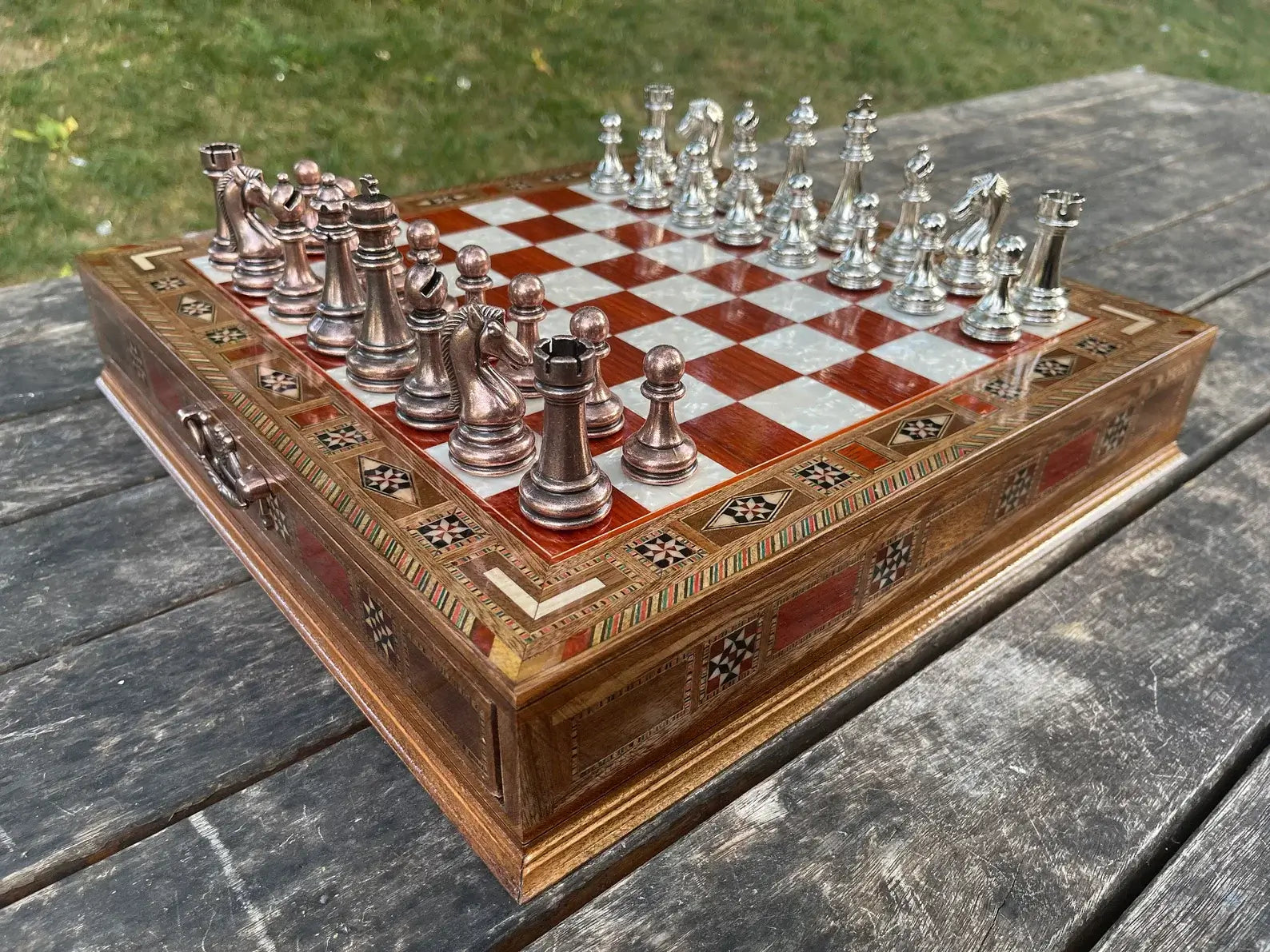
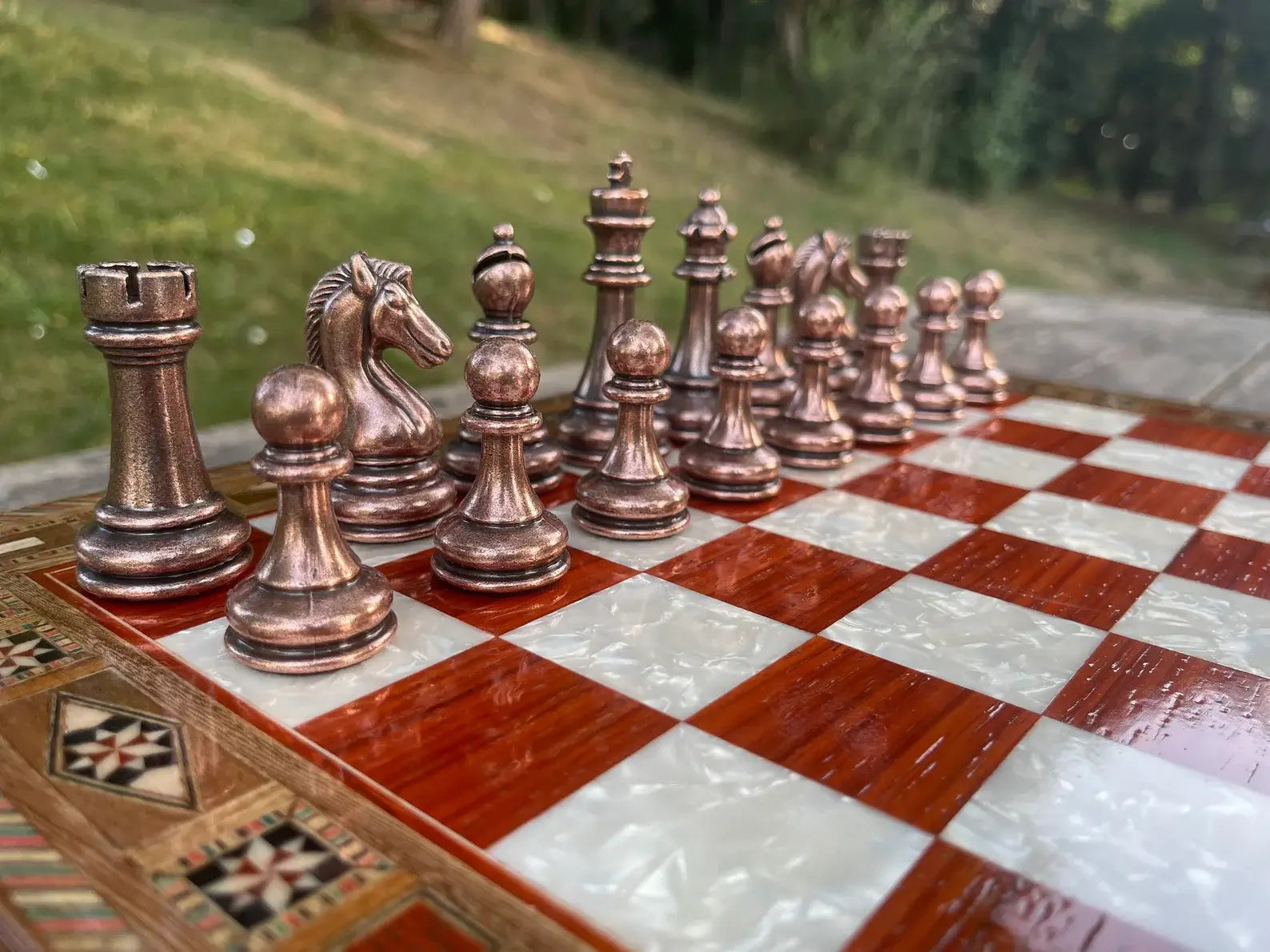
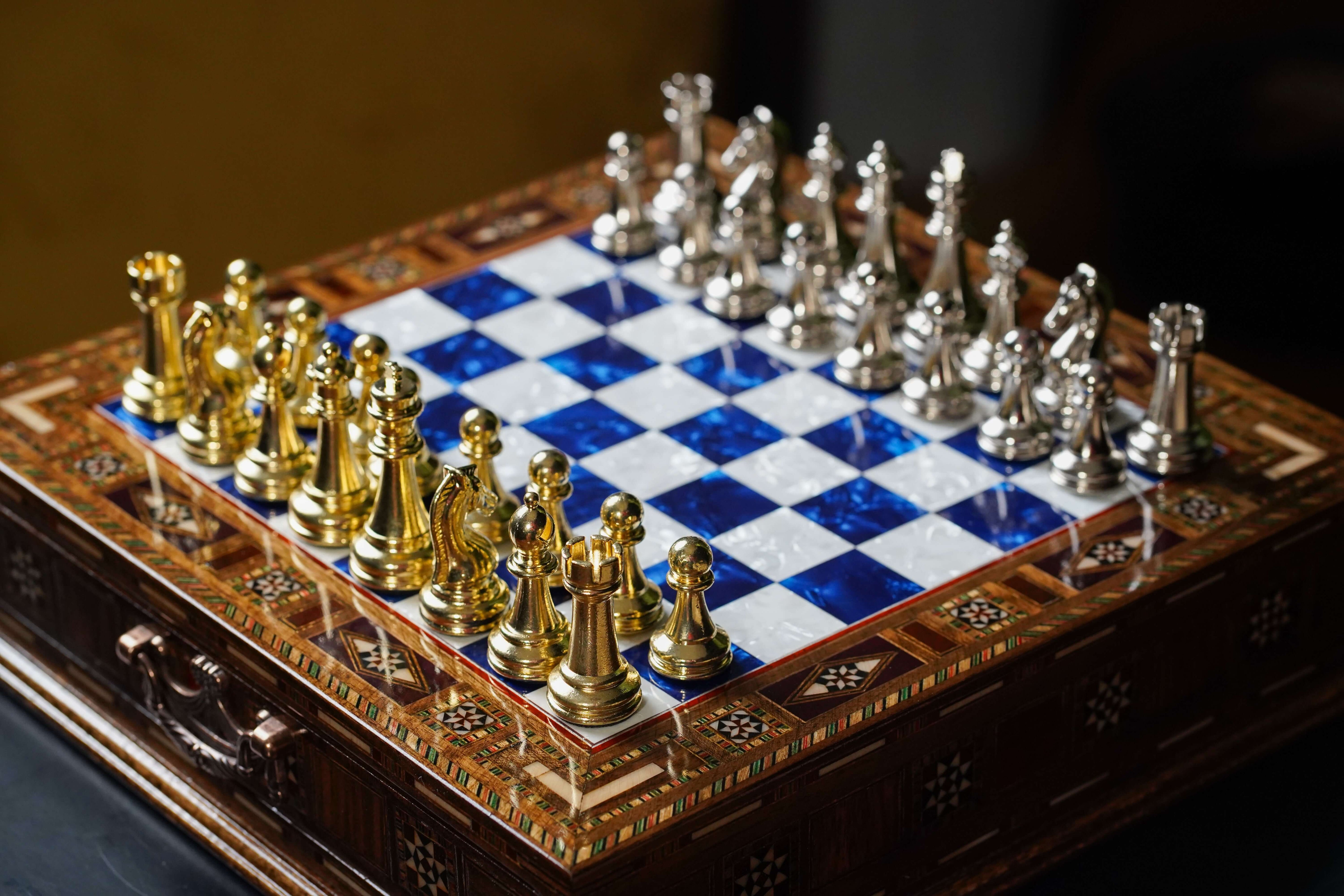
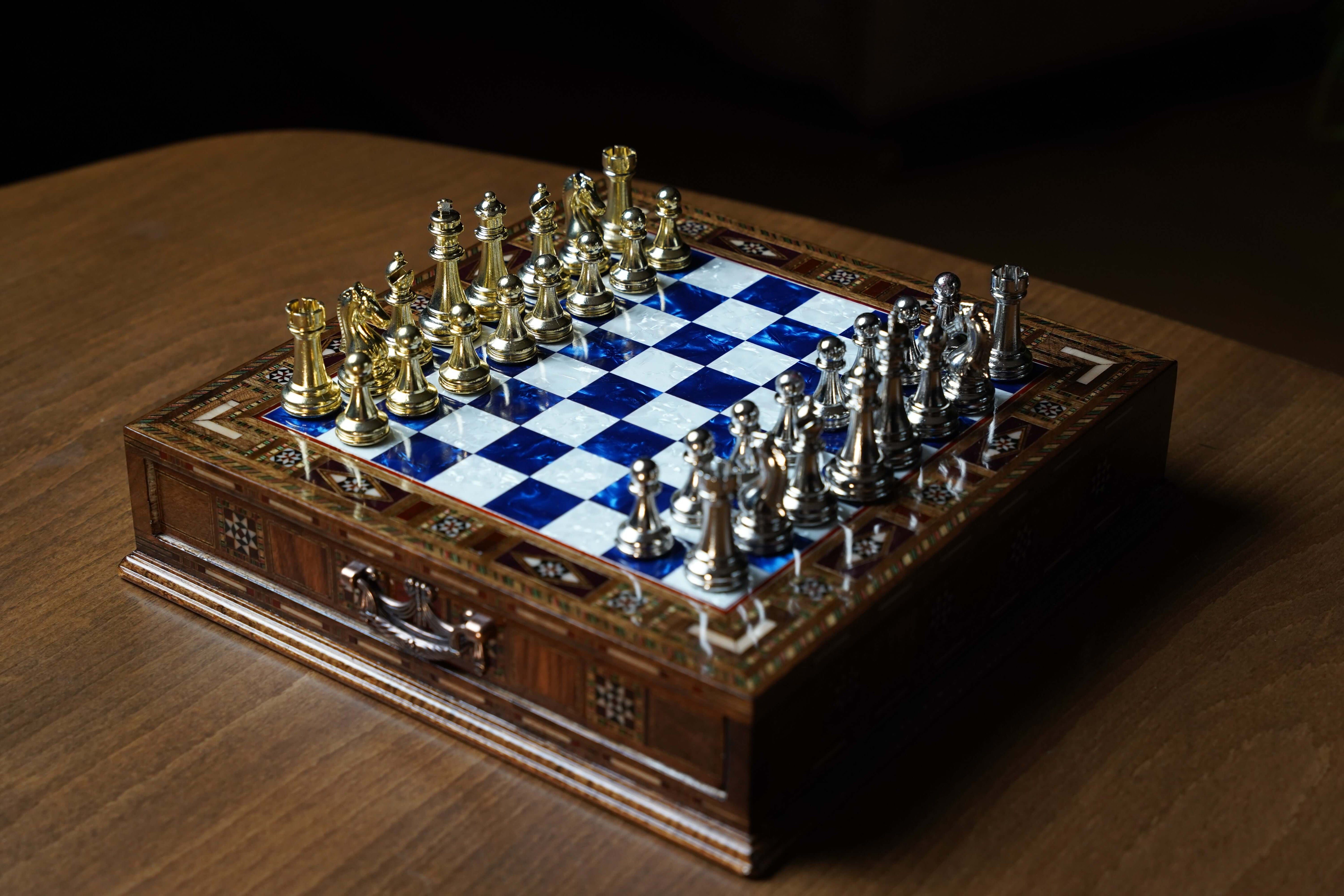
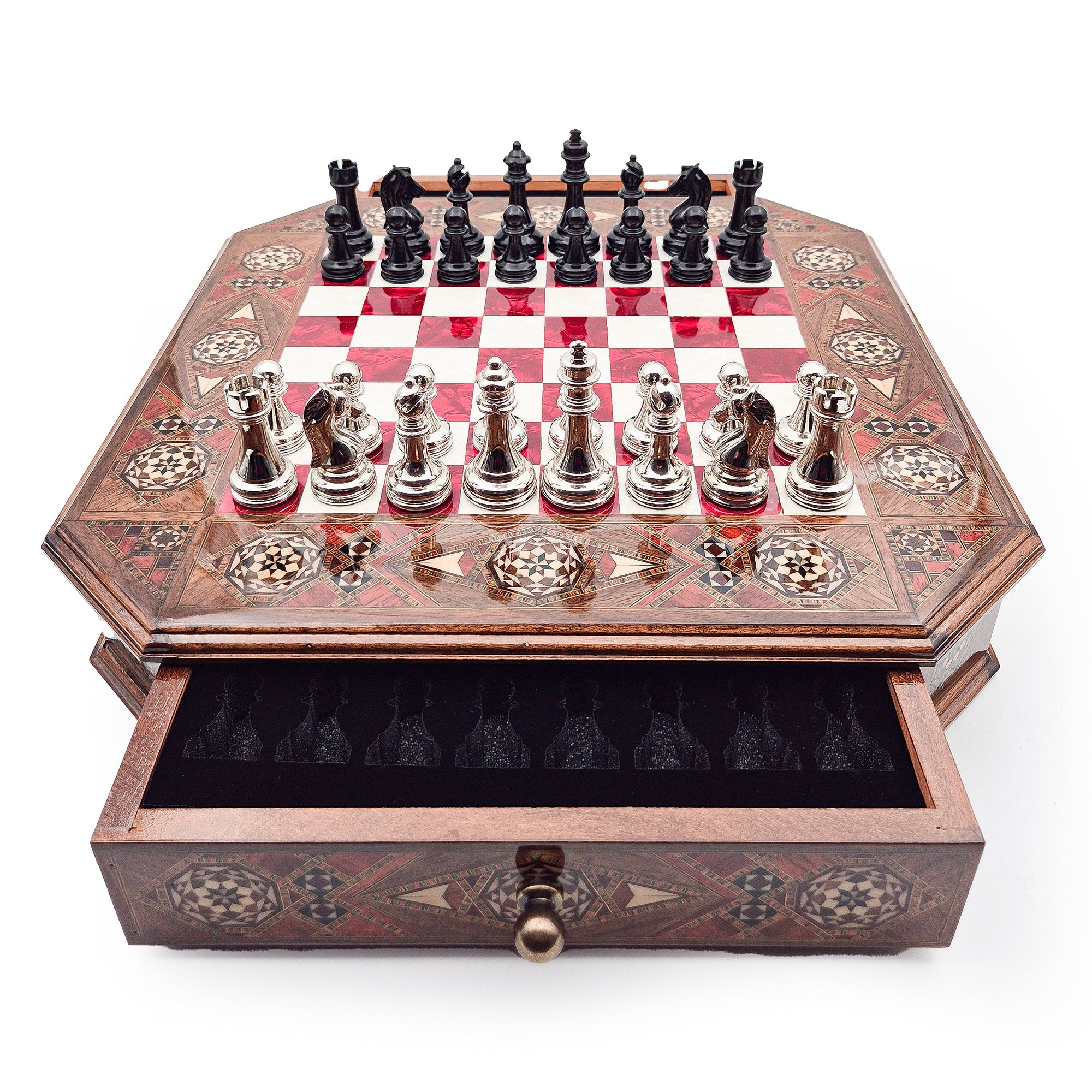
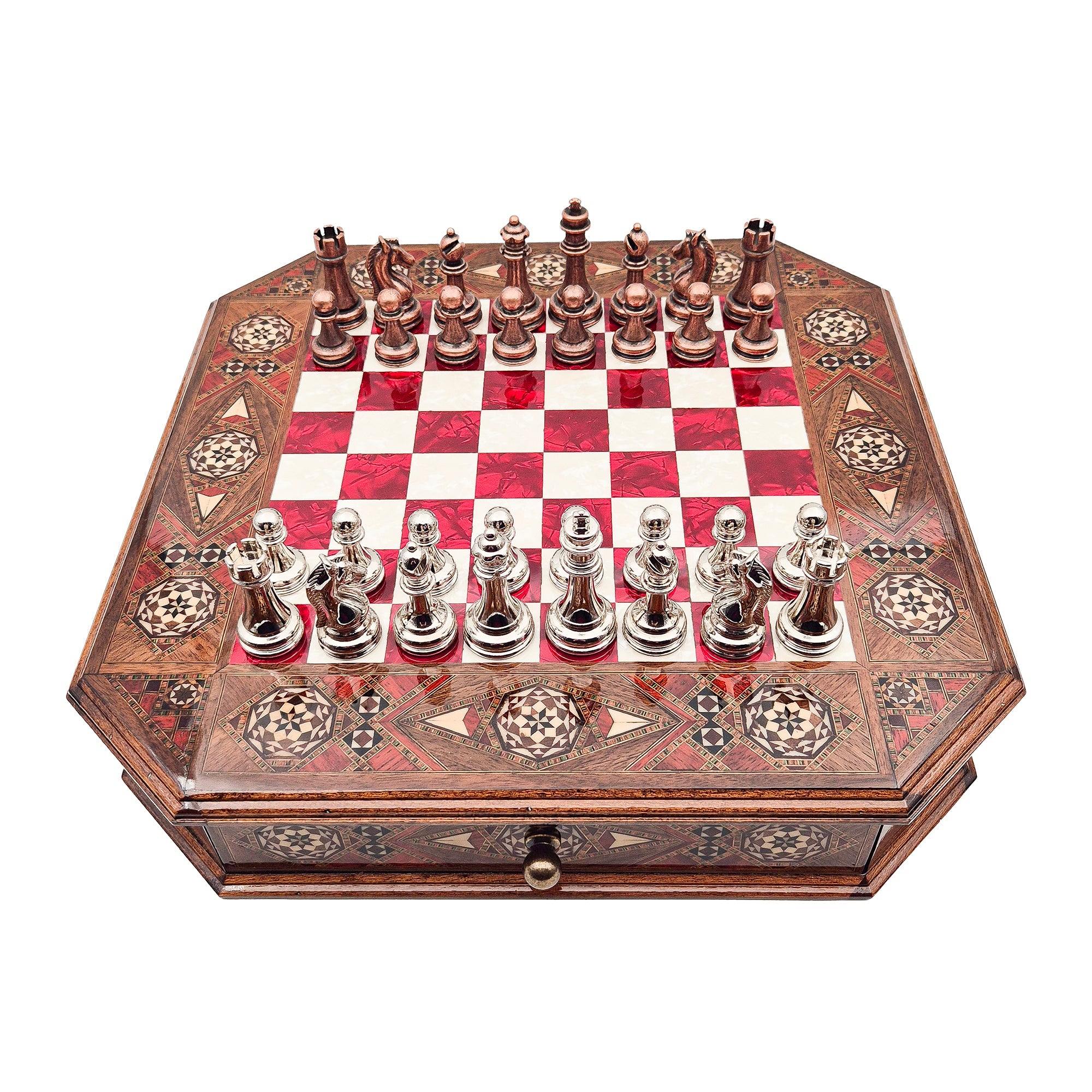
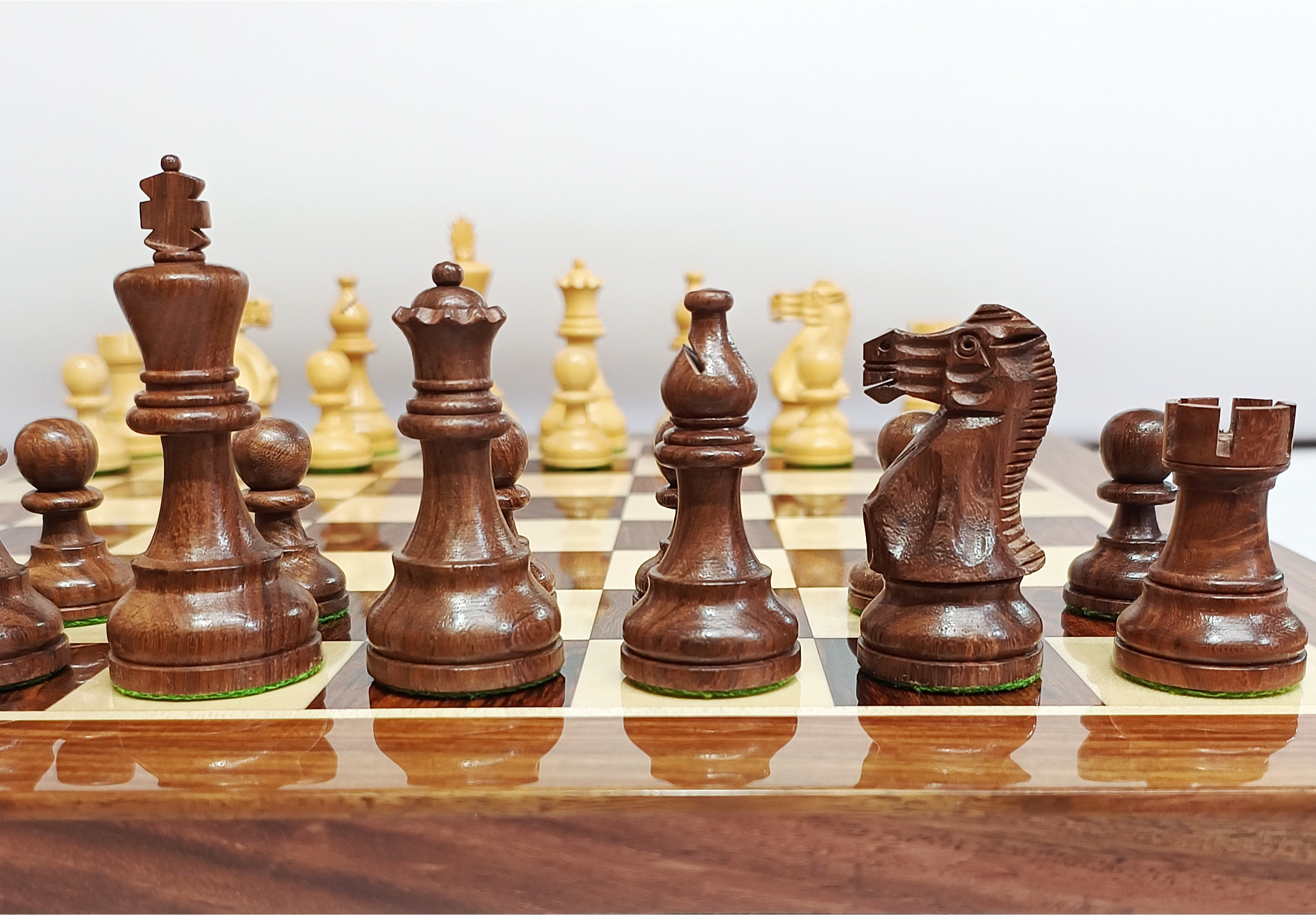
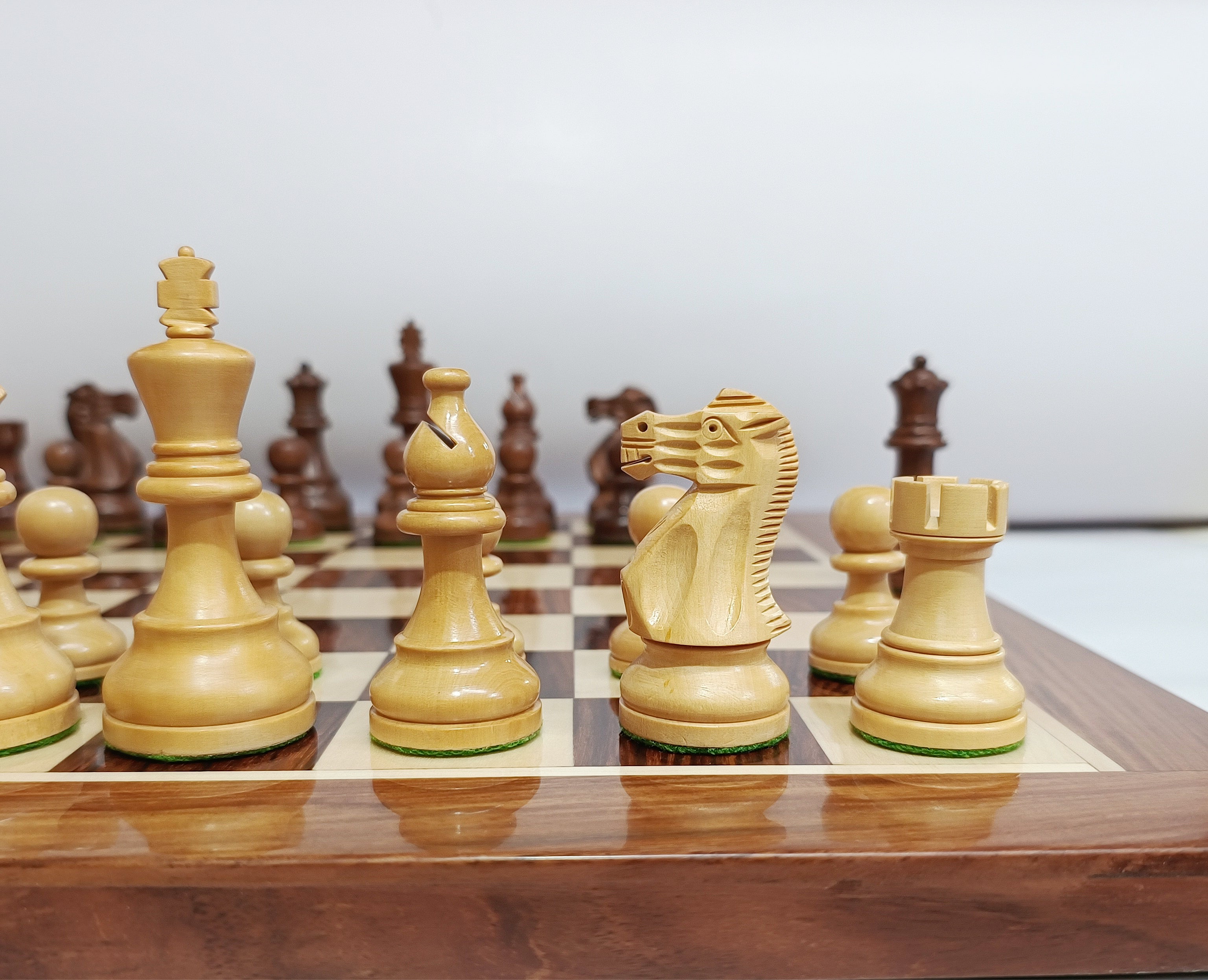
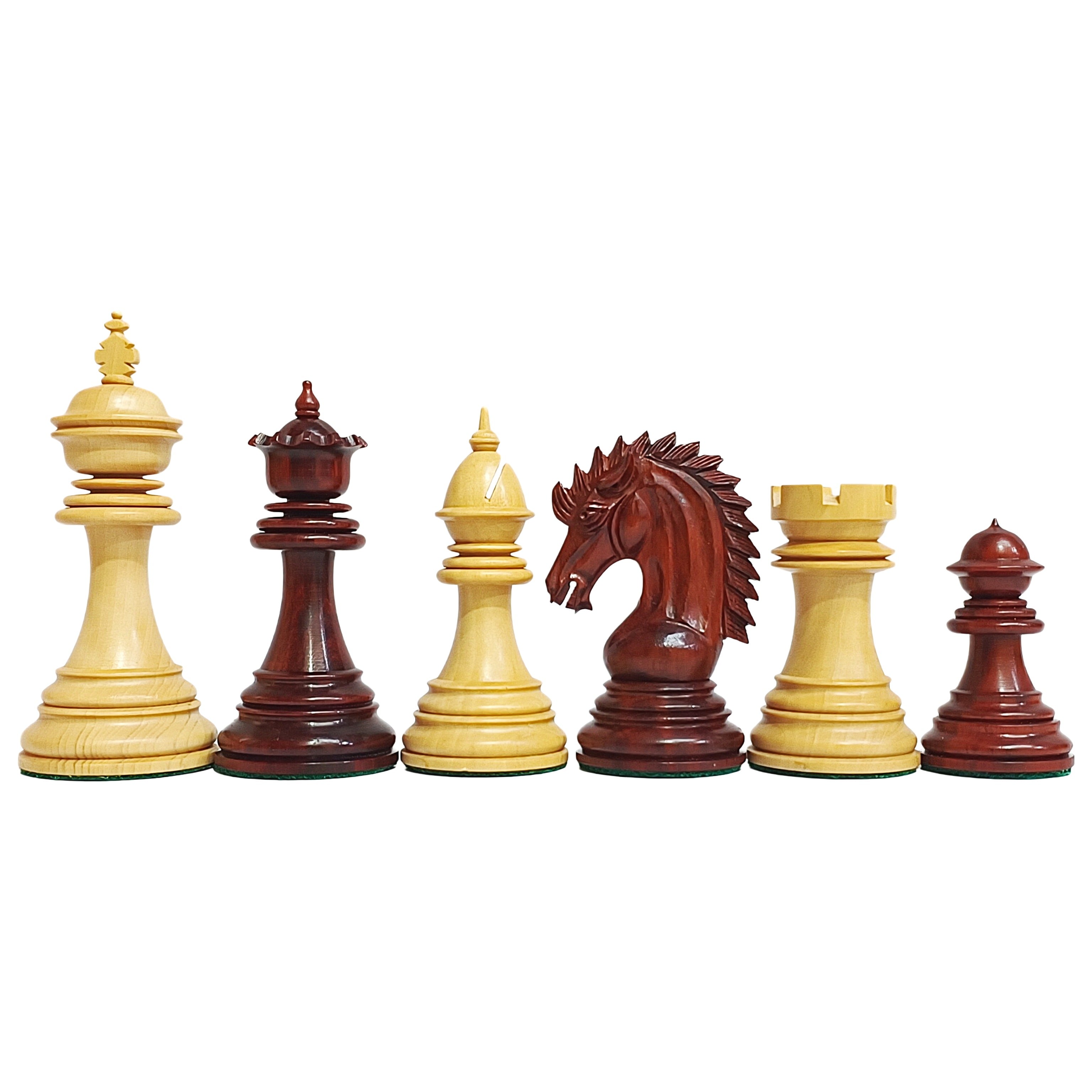
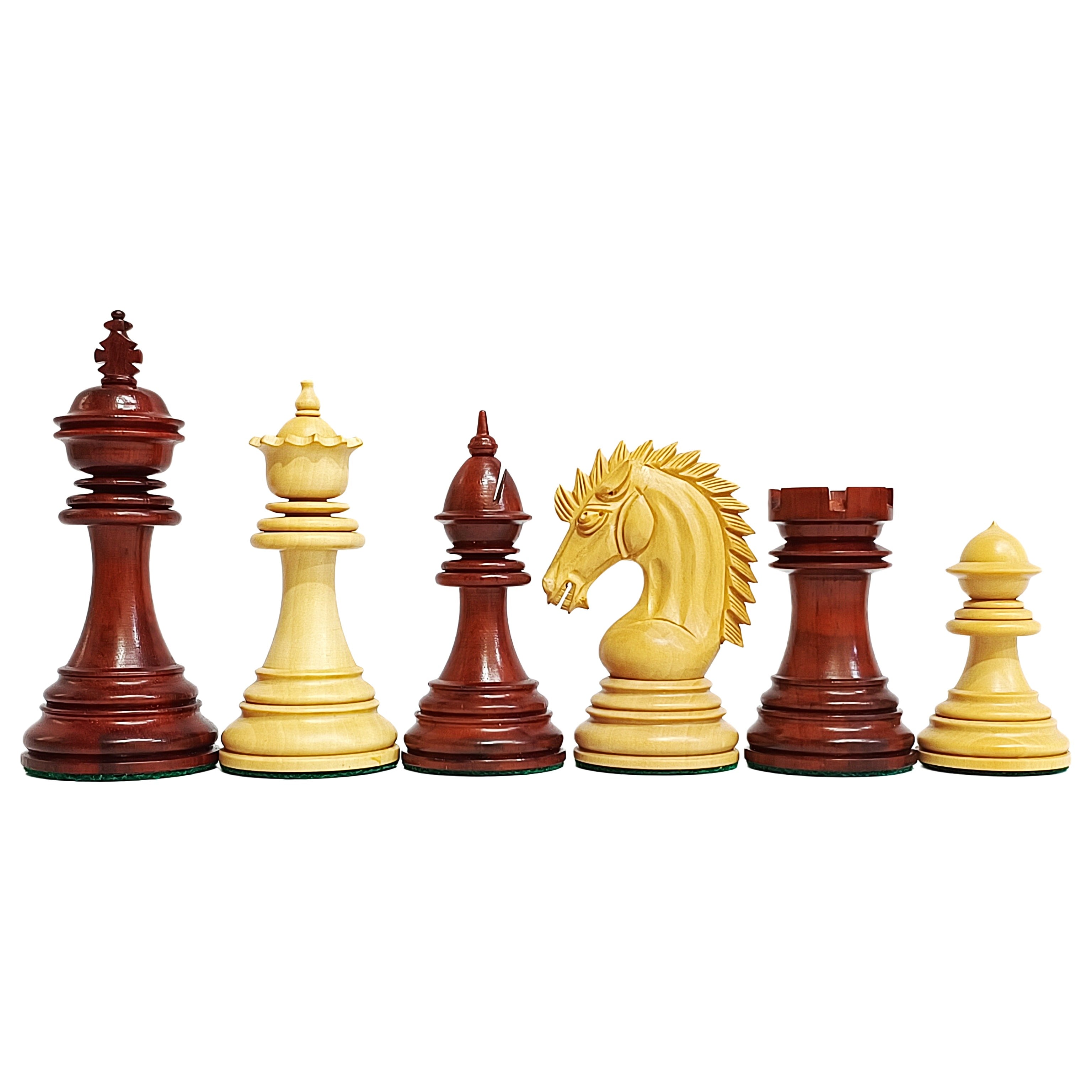
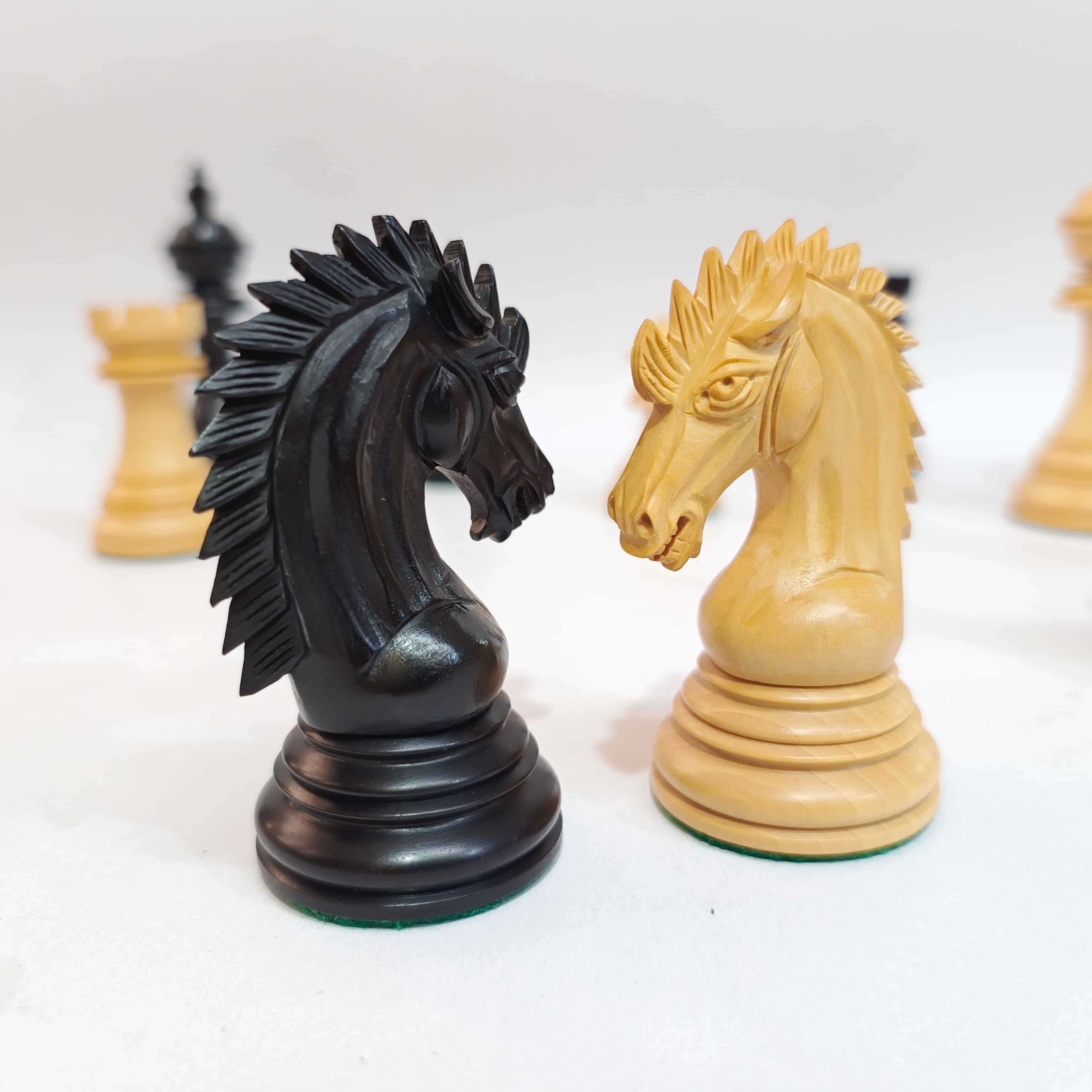
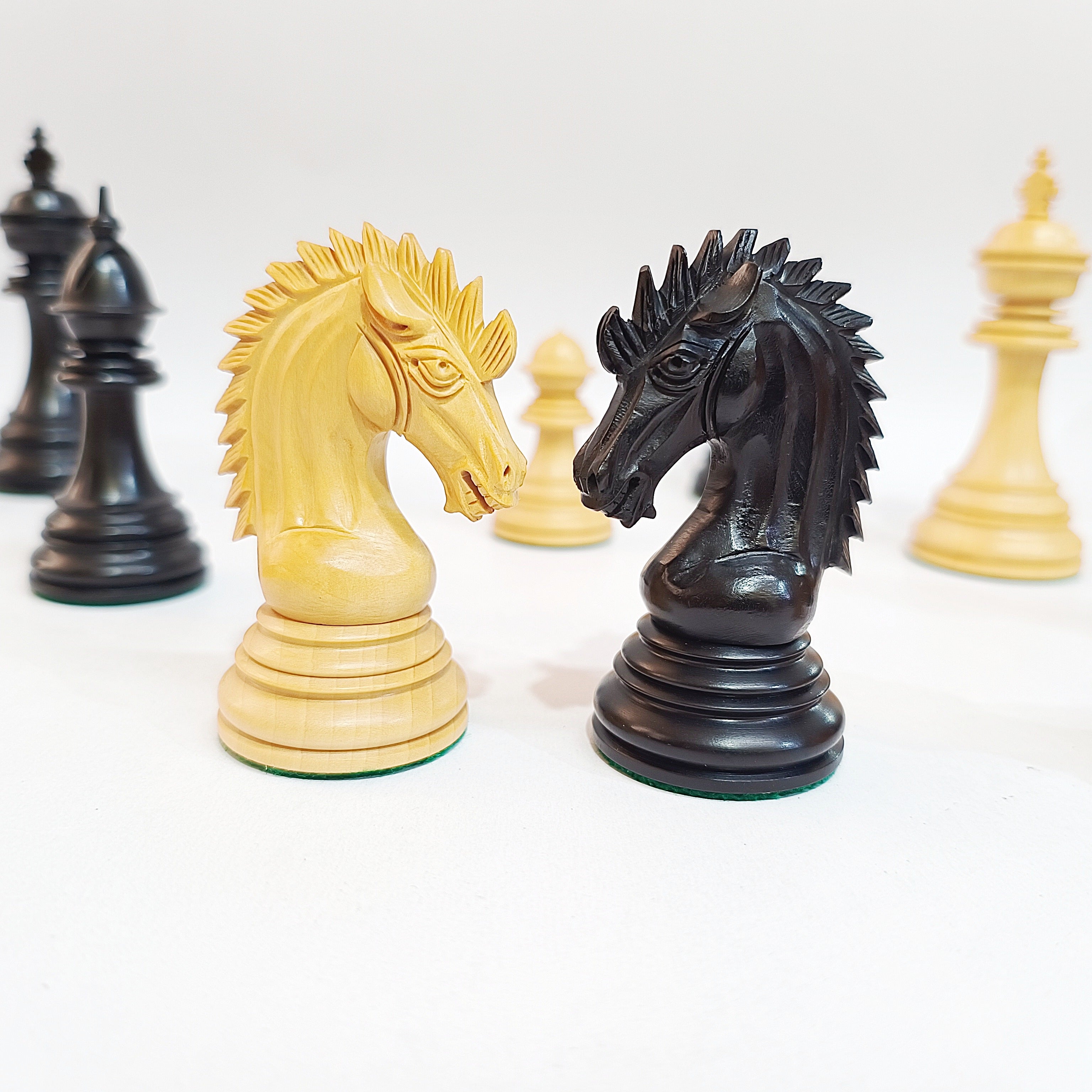


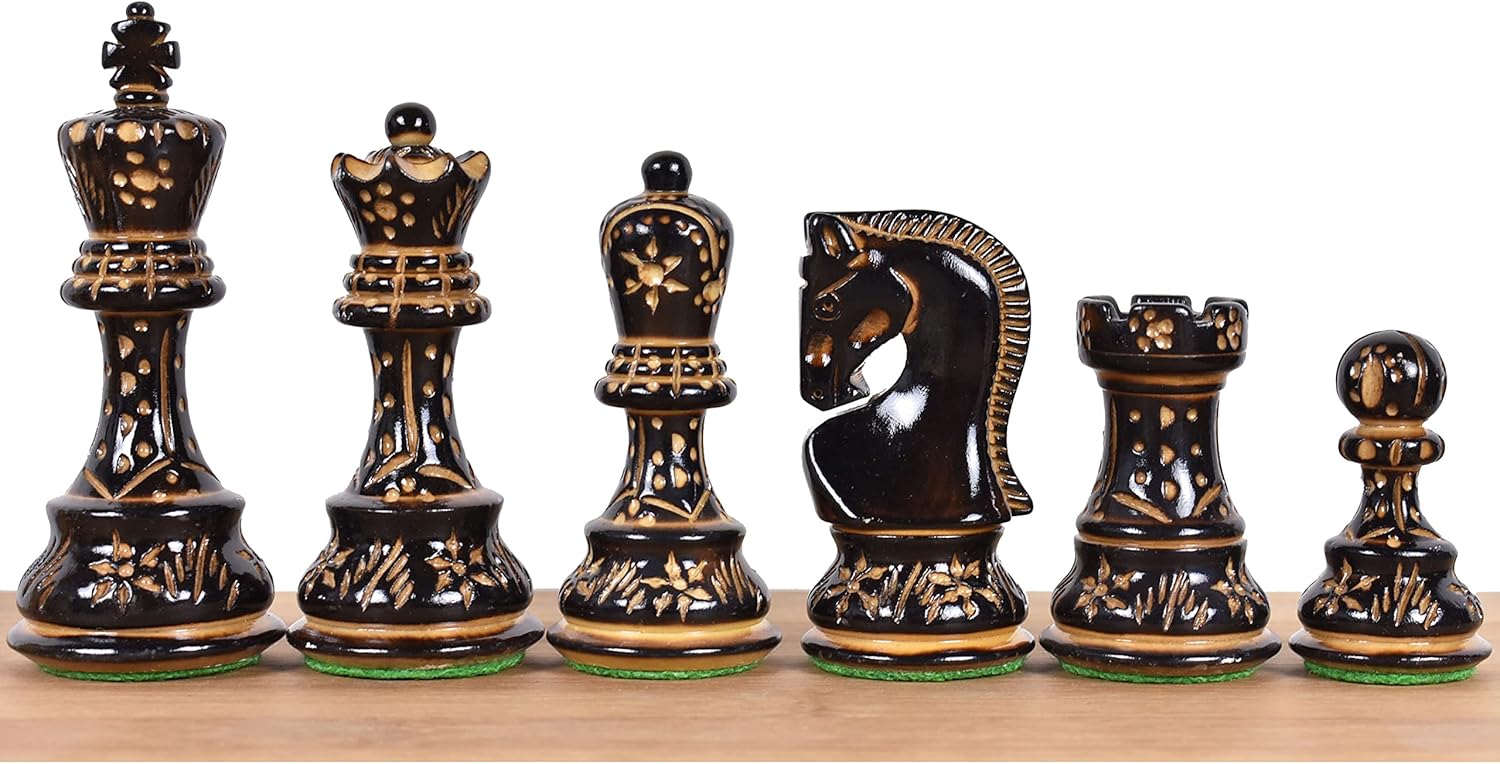
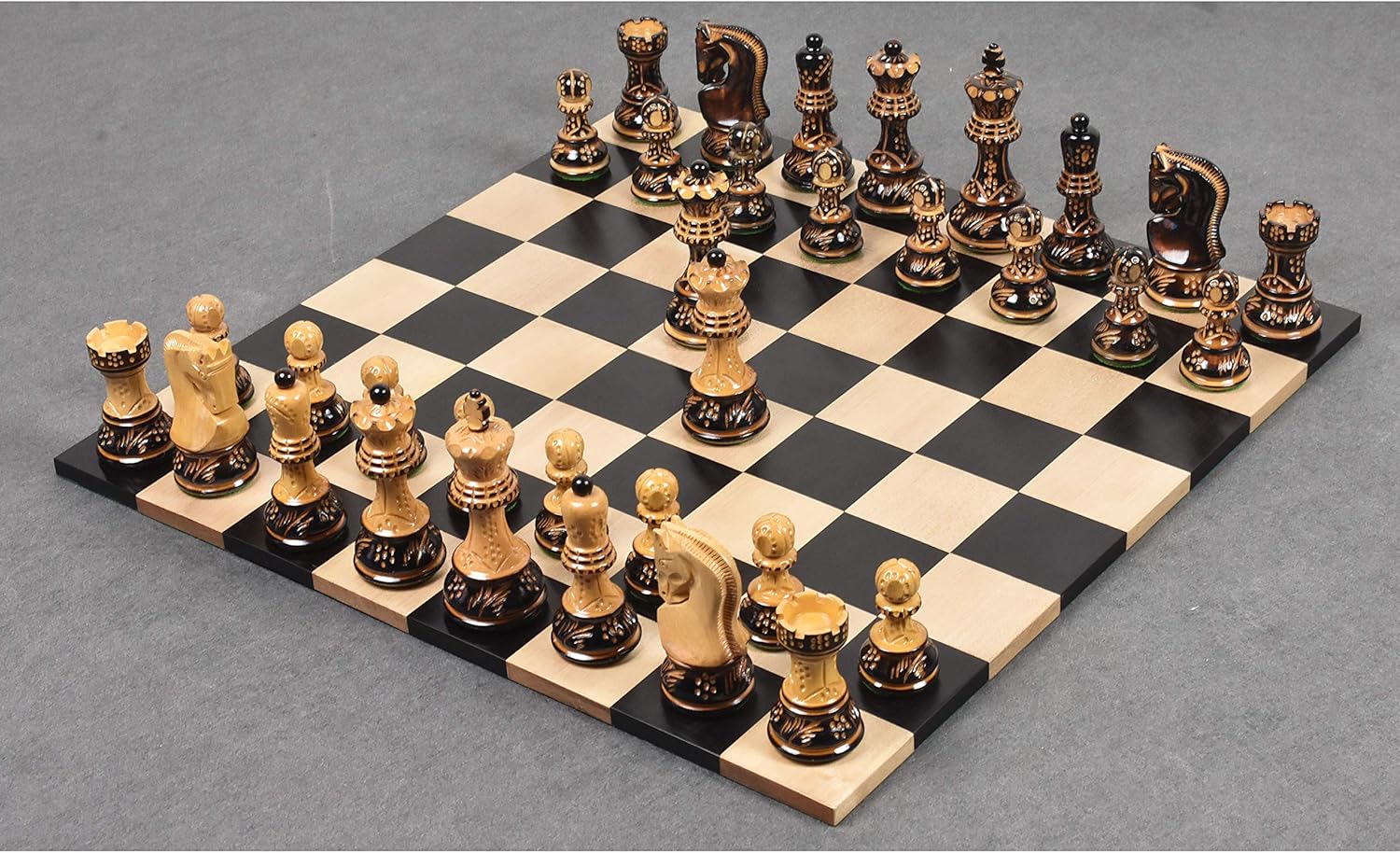
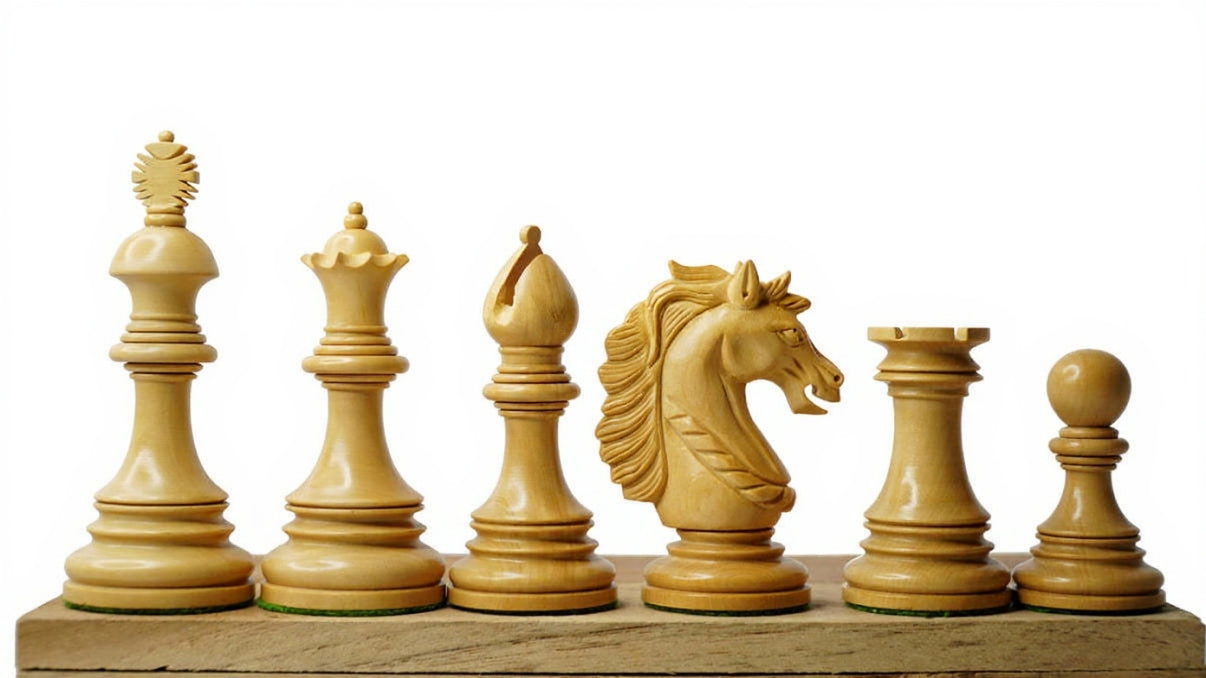
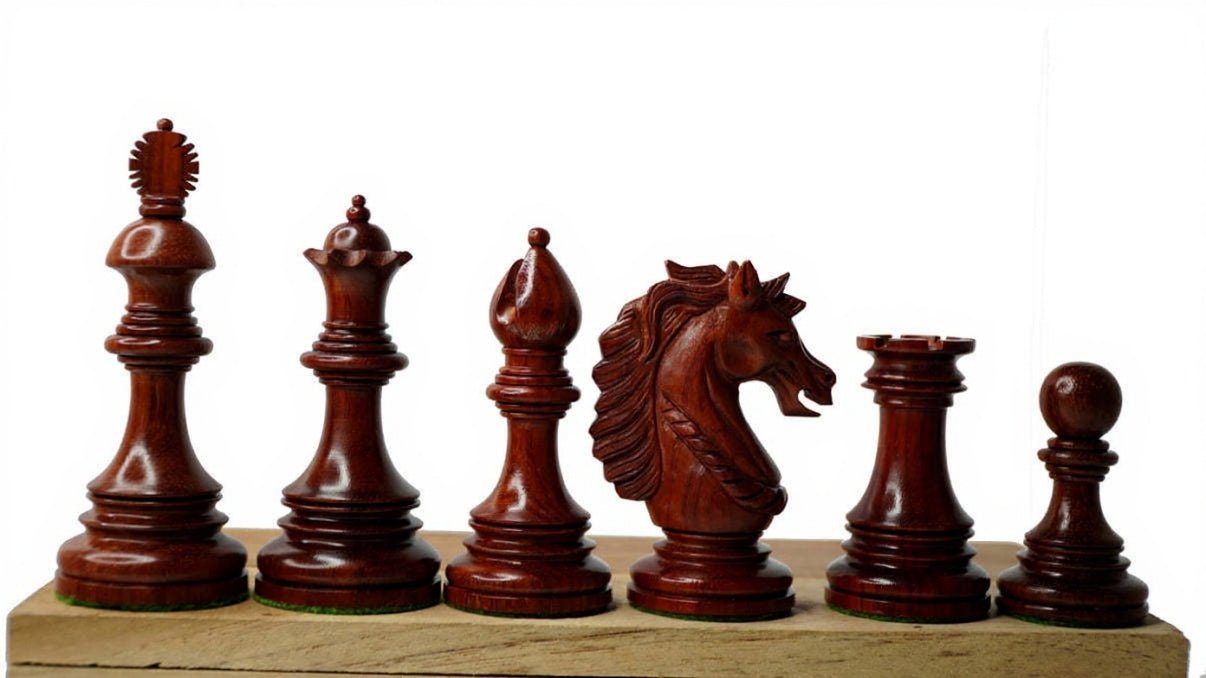
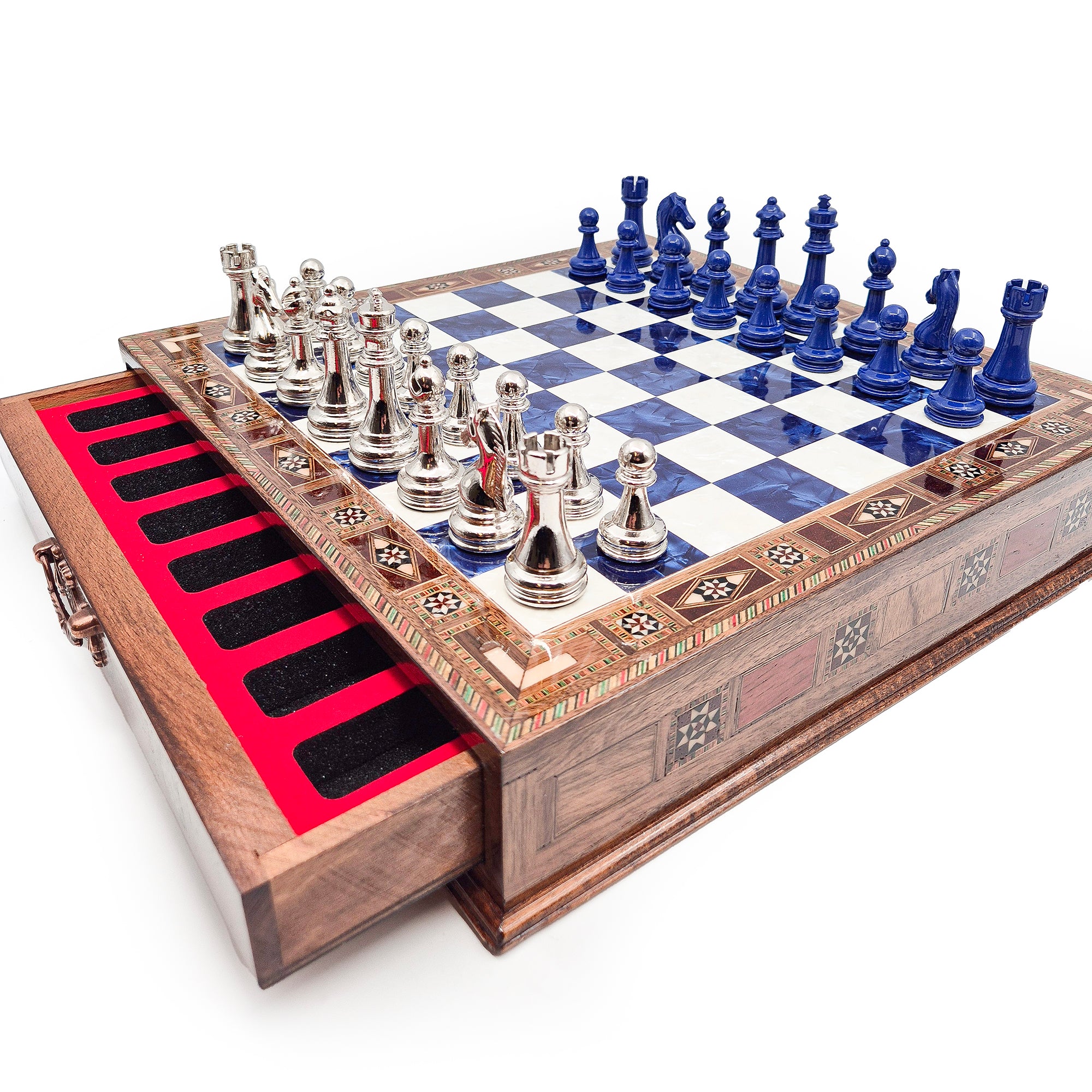
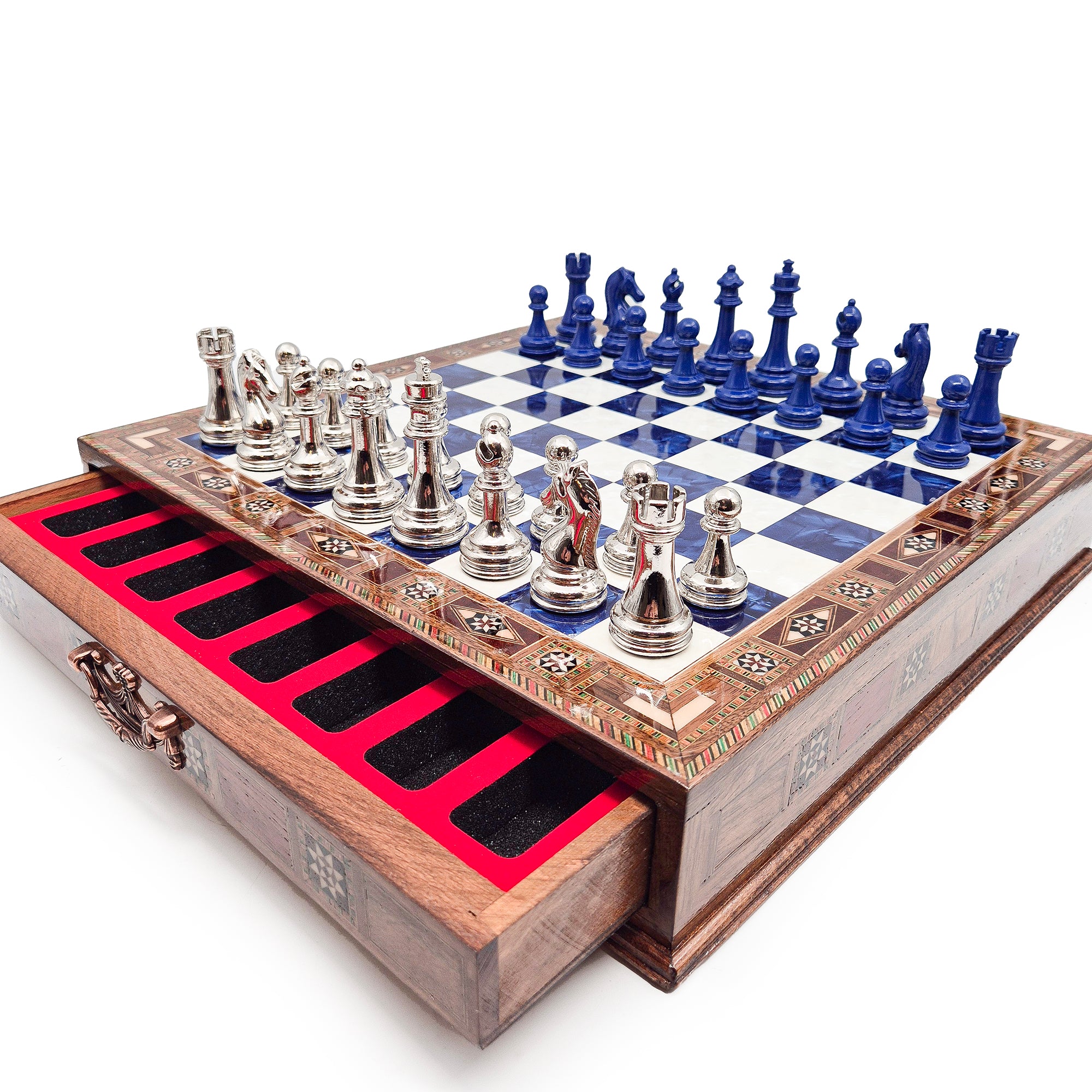
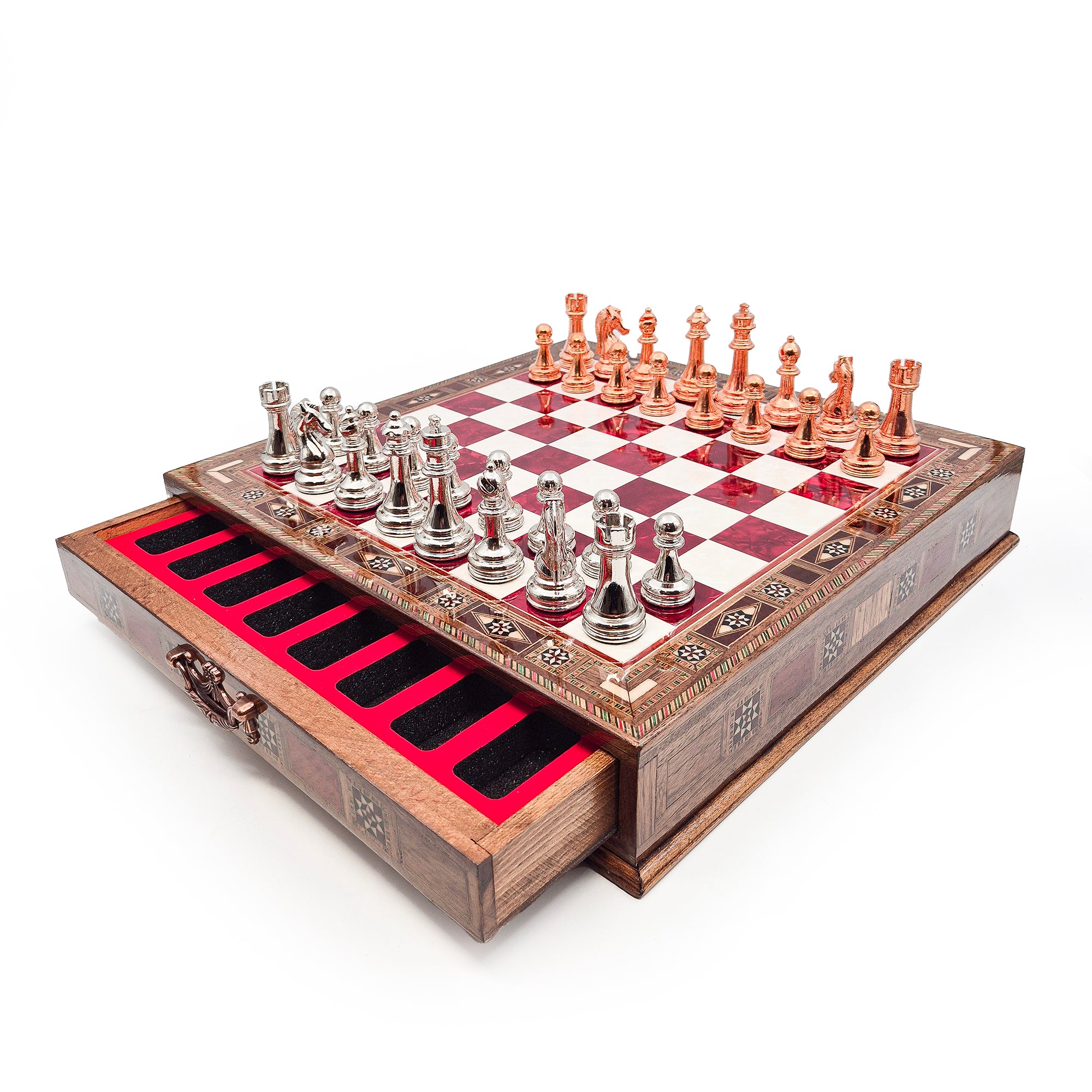
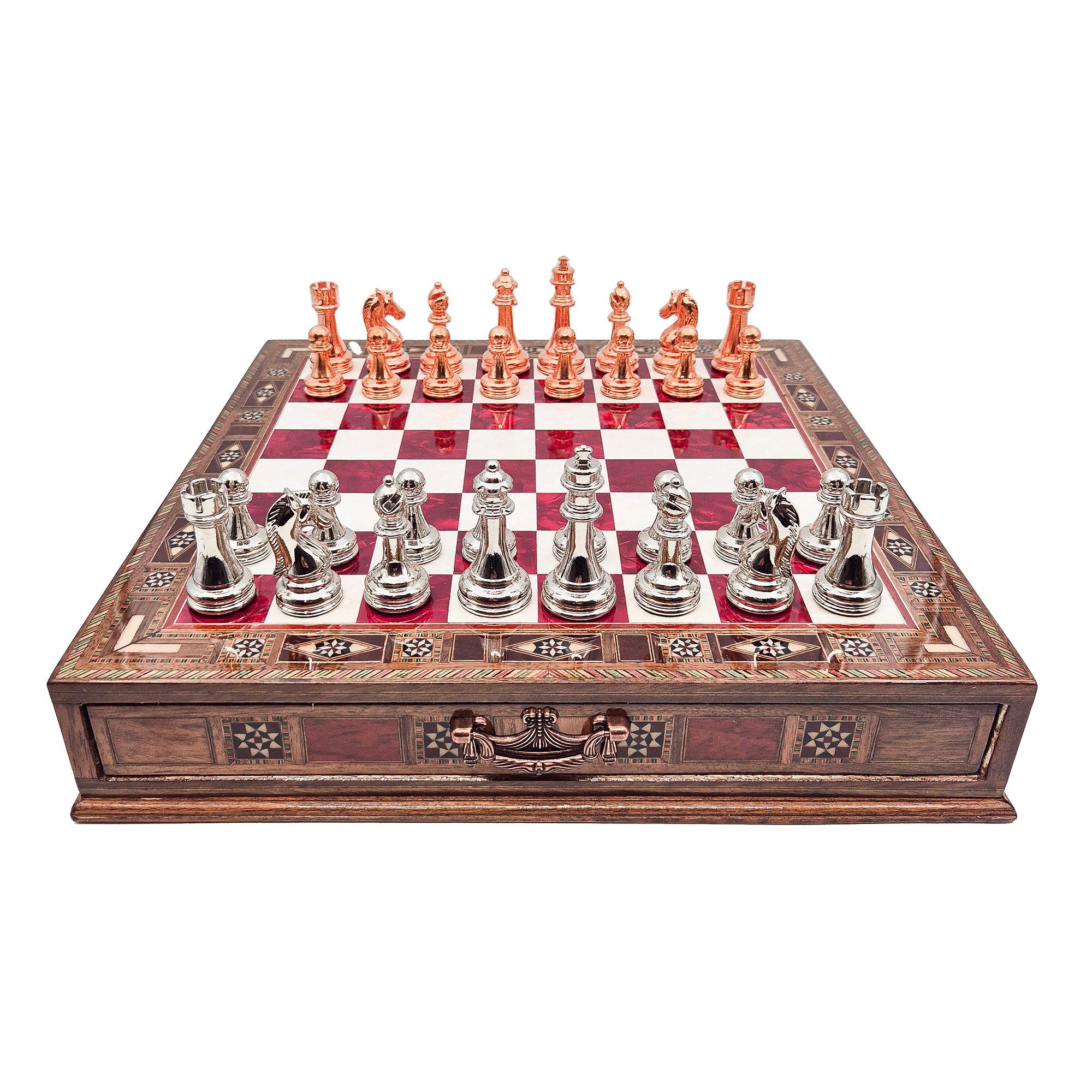
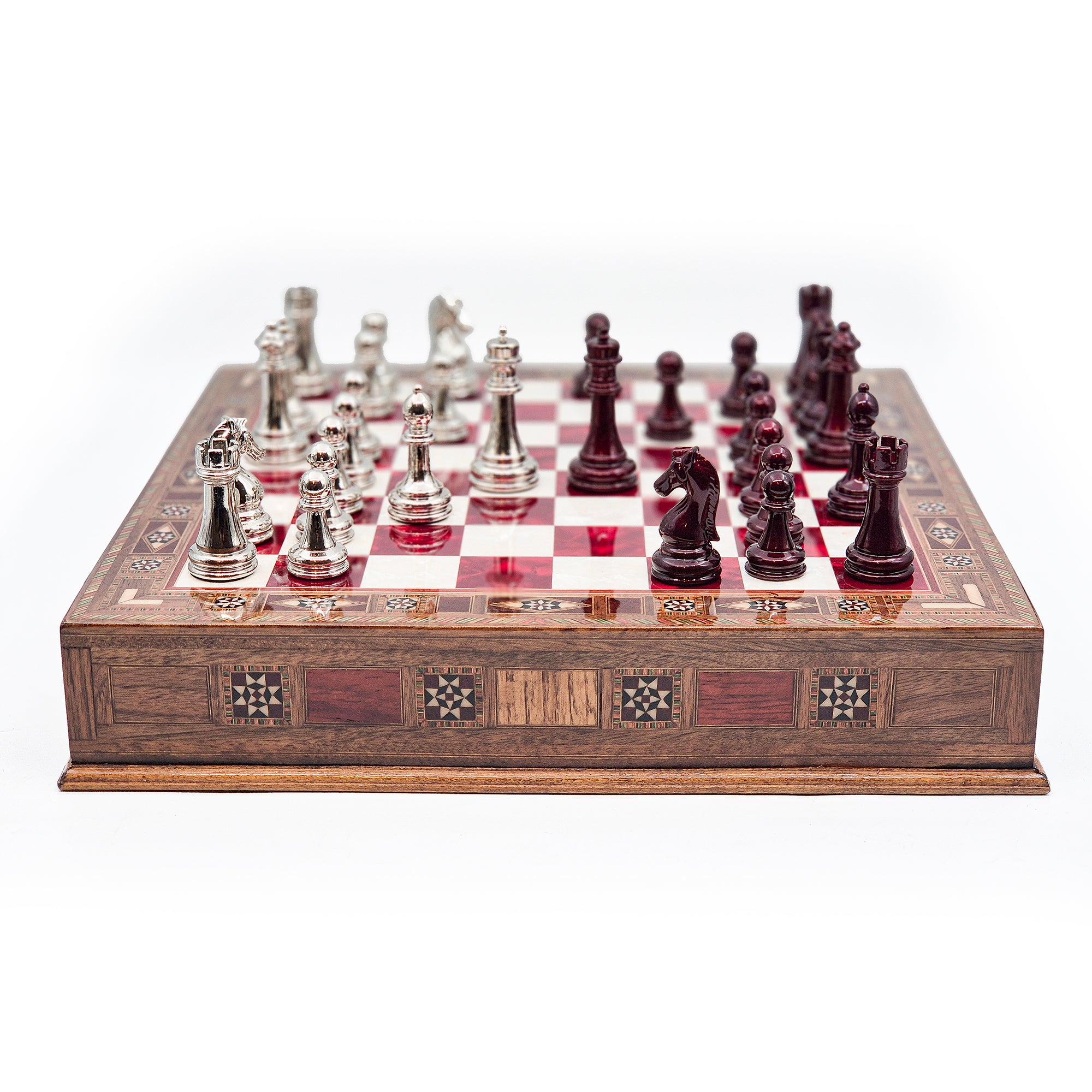
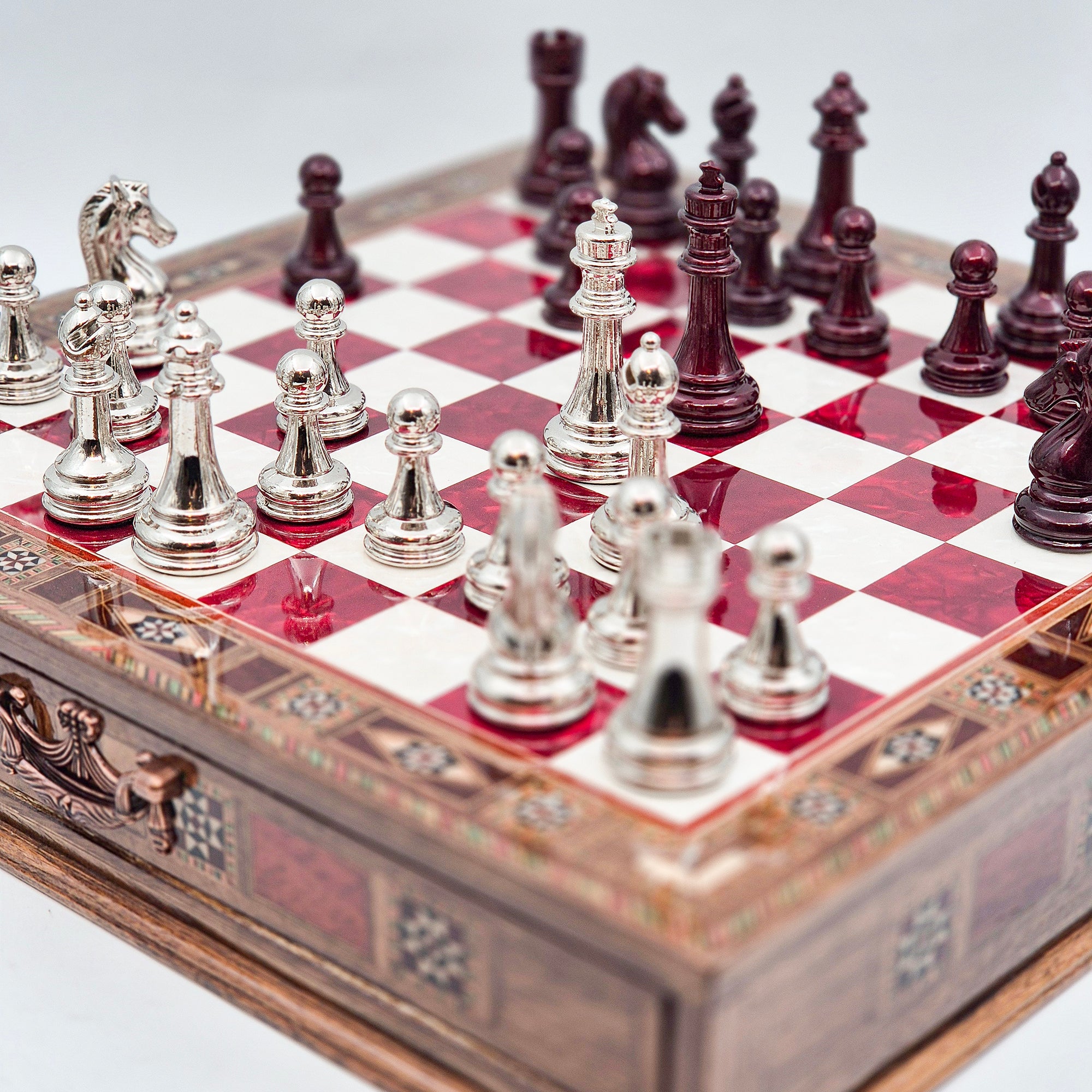
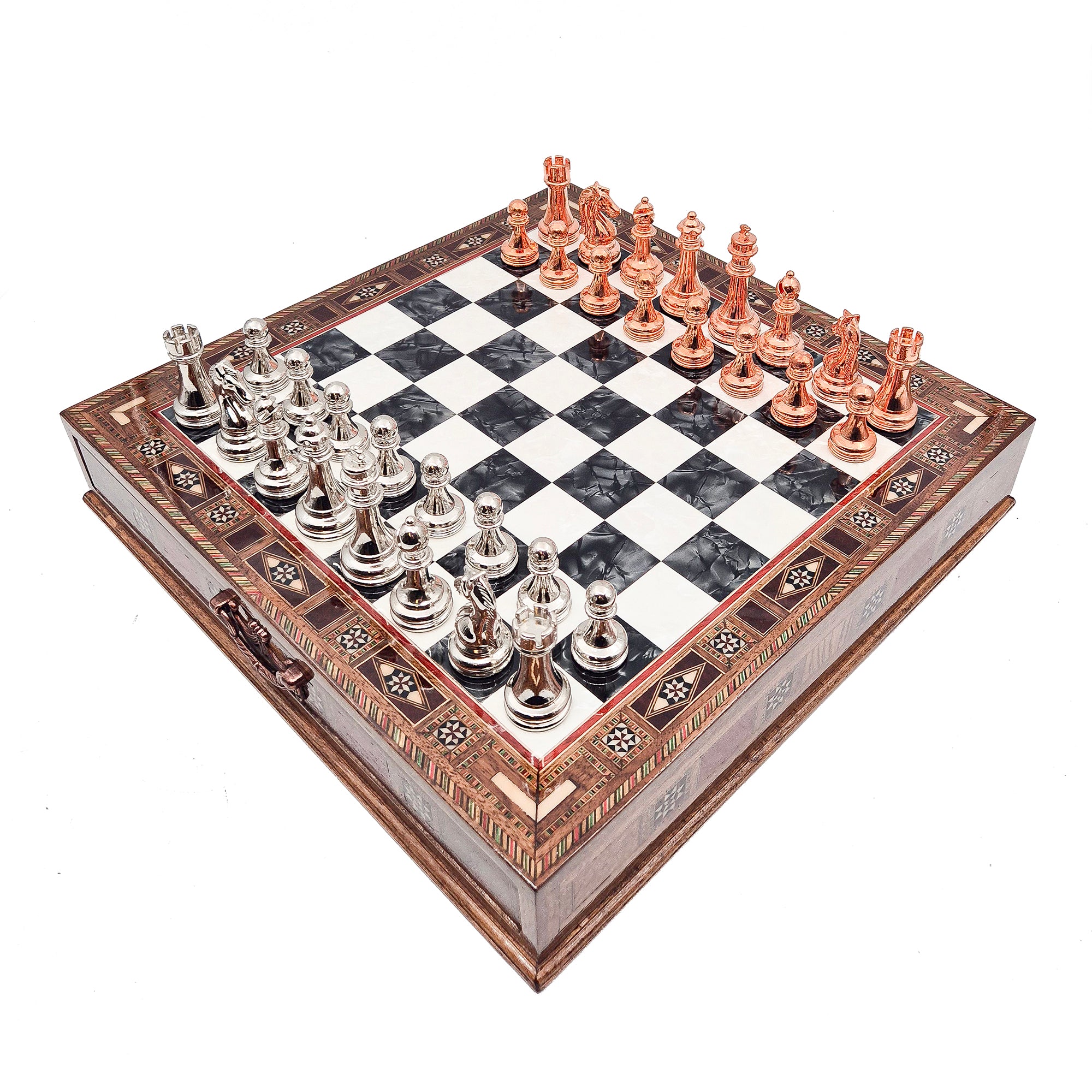
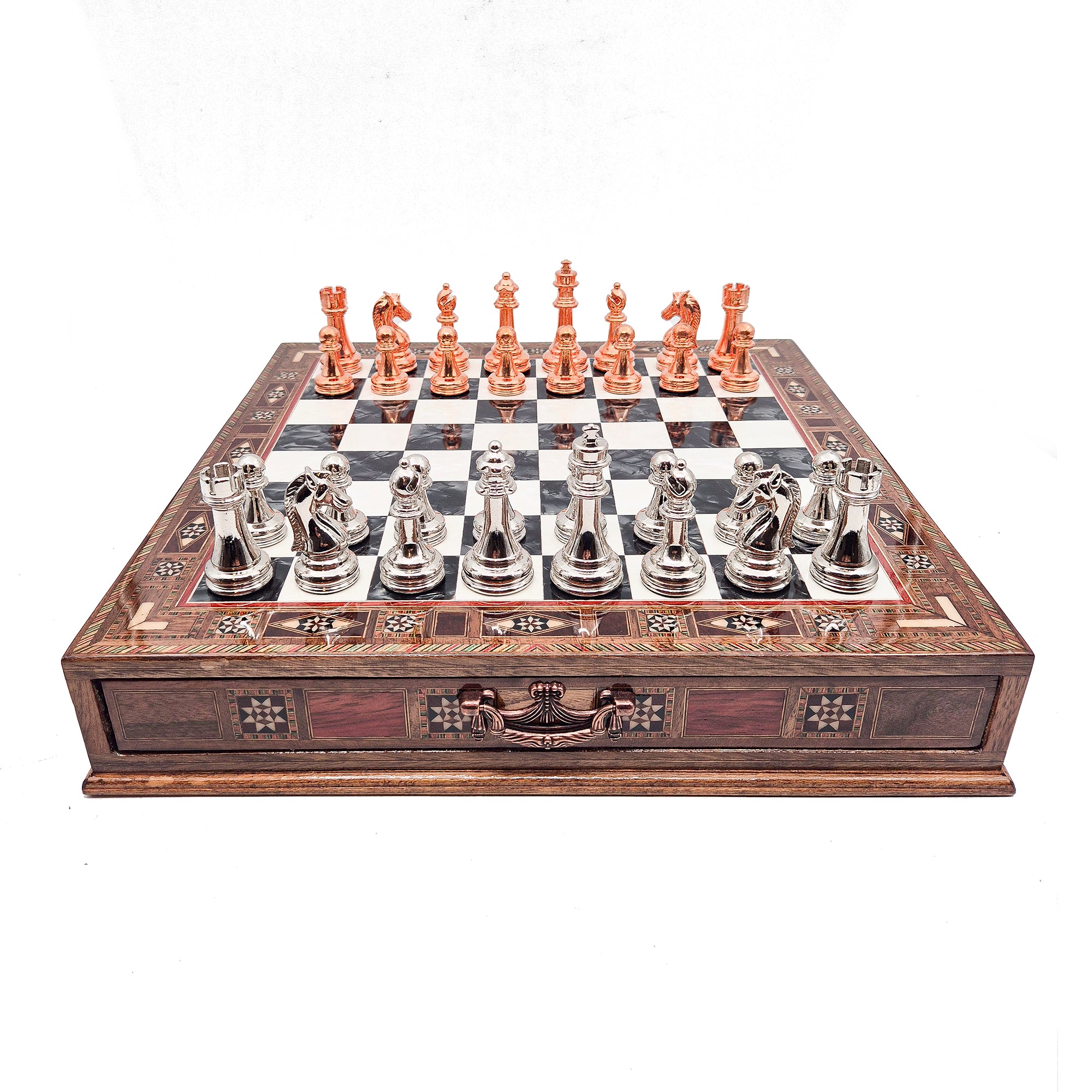
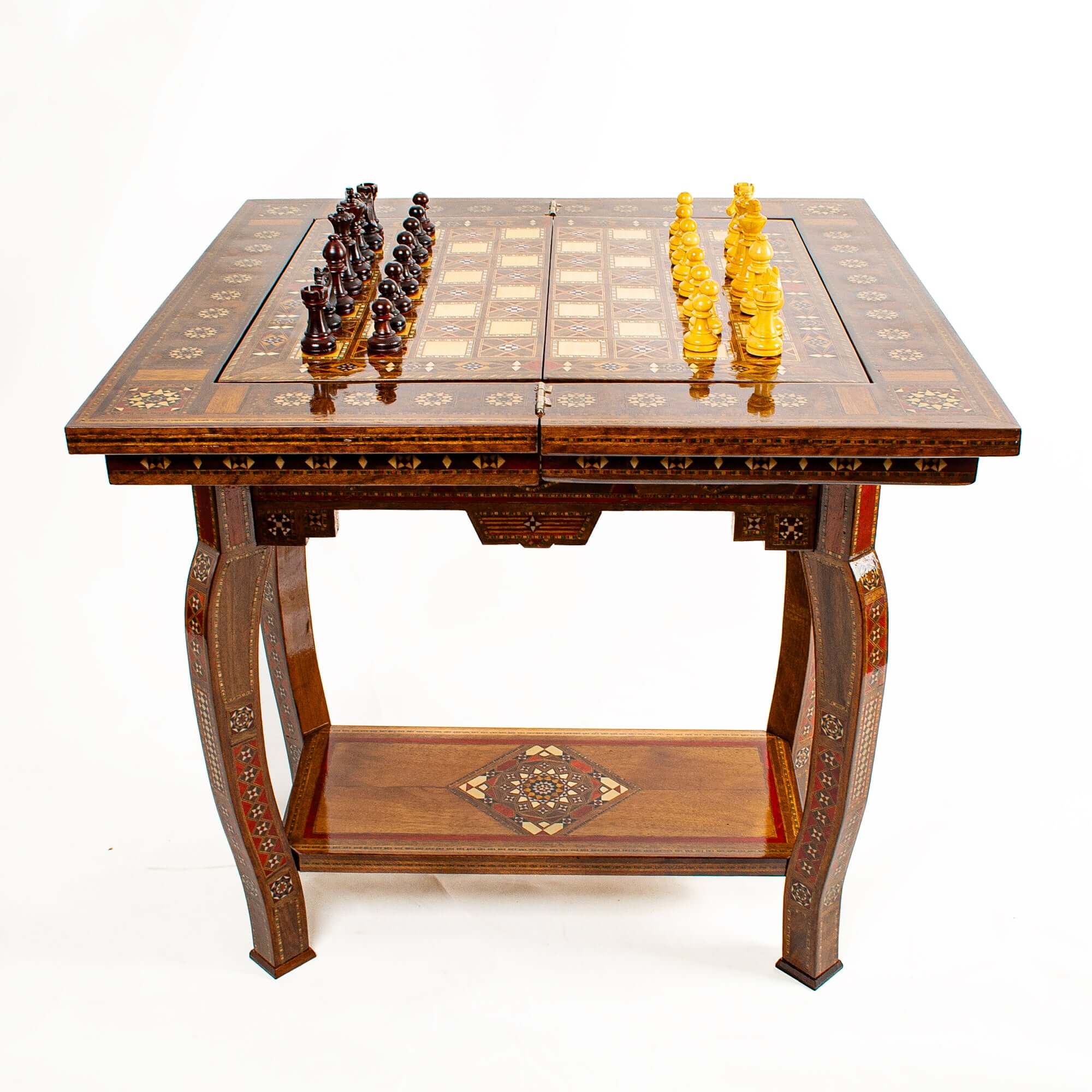

Leave a comment
All comments are moderated before being published.
This site is protected by hCaptcha and the hCaptcha Privacy Policy and Terms of Service apply.